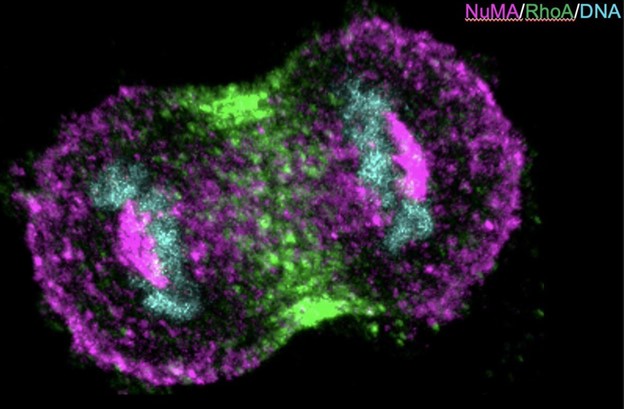
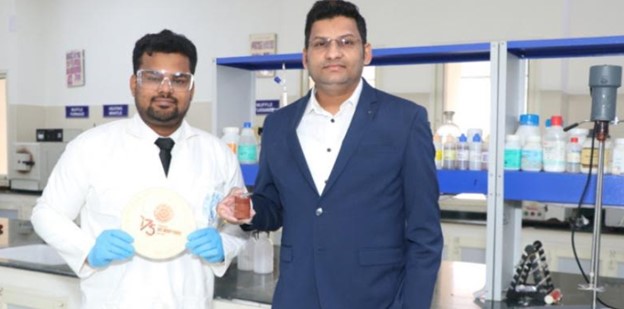
Researchers have developed a plant-based edible ink having all the ingredients that can be safely used for a wide range of printing and packaging applications

A recent study conducted by researchers from the National Centre for Polar and Ocean Research, has revealed the reasons behind the lowest Antarctic Sea Ice Extent

Researchers at the Bengaluru-based Indian Institute of Science has now fabricated pressure sensors that use paper as the medium
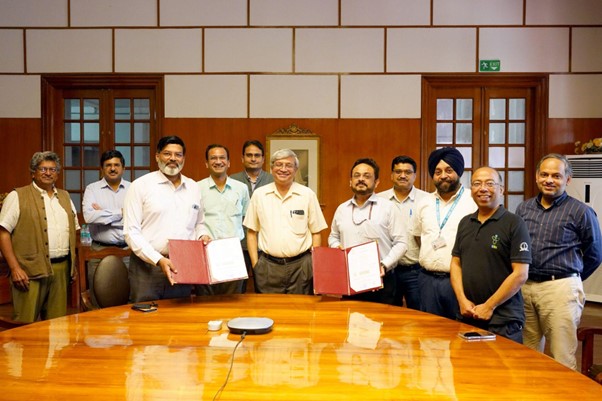
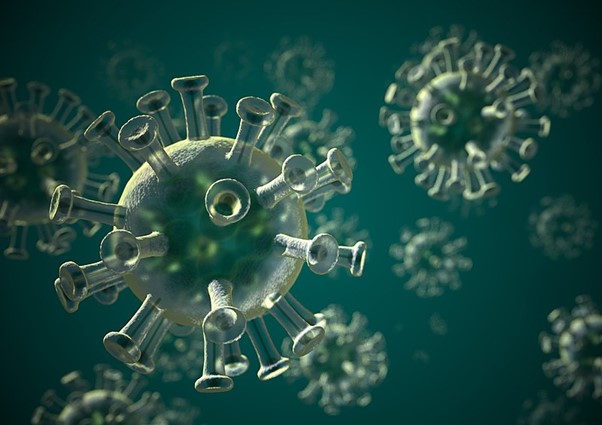
The Department of Biotechnology and its PSU, Biotechnology Industry Research Assistance Council, on Wednesday announced that the Drug Controller General of India had given emergency use authorization for the first-of-its-kind intranasal COVID-19 vaccine developed by Bharat Biotech.
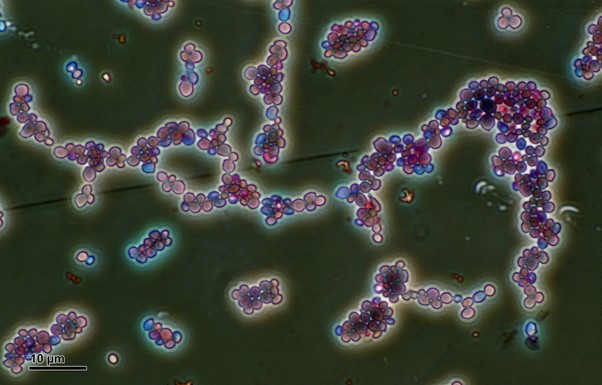
A team of researchers from Bengaluru-based Jawaharlal Nehru Centre for Advanced Scientific Research has identified a gene that holds the key to preventing the fungal infection Candidiasis that often affects intensive-care unit patients, cancer patients and patients receiving immunosuppressive therapy.
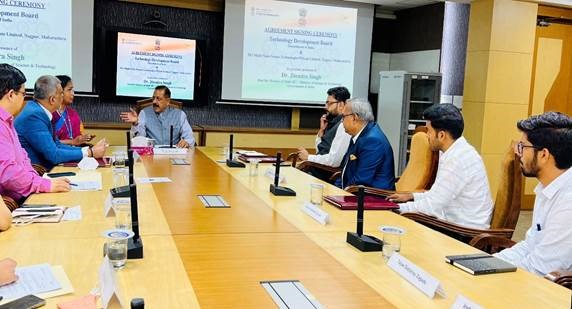
The Union Minister of Science & Technology Dr. Jitendra Singh has approved a loan of Rs 1.15 crores to a Maharashtra-based start-up, M/s TGP Bioplastics to manufacture and commercialise a “compostable” plastic material.

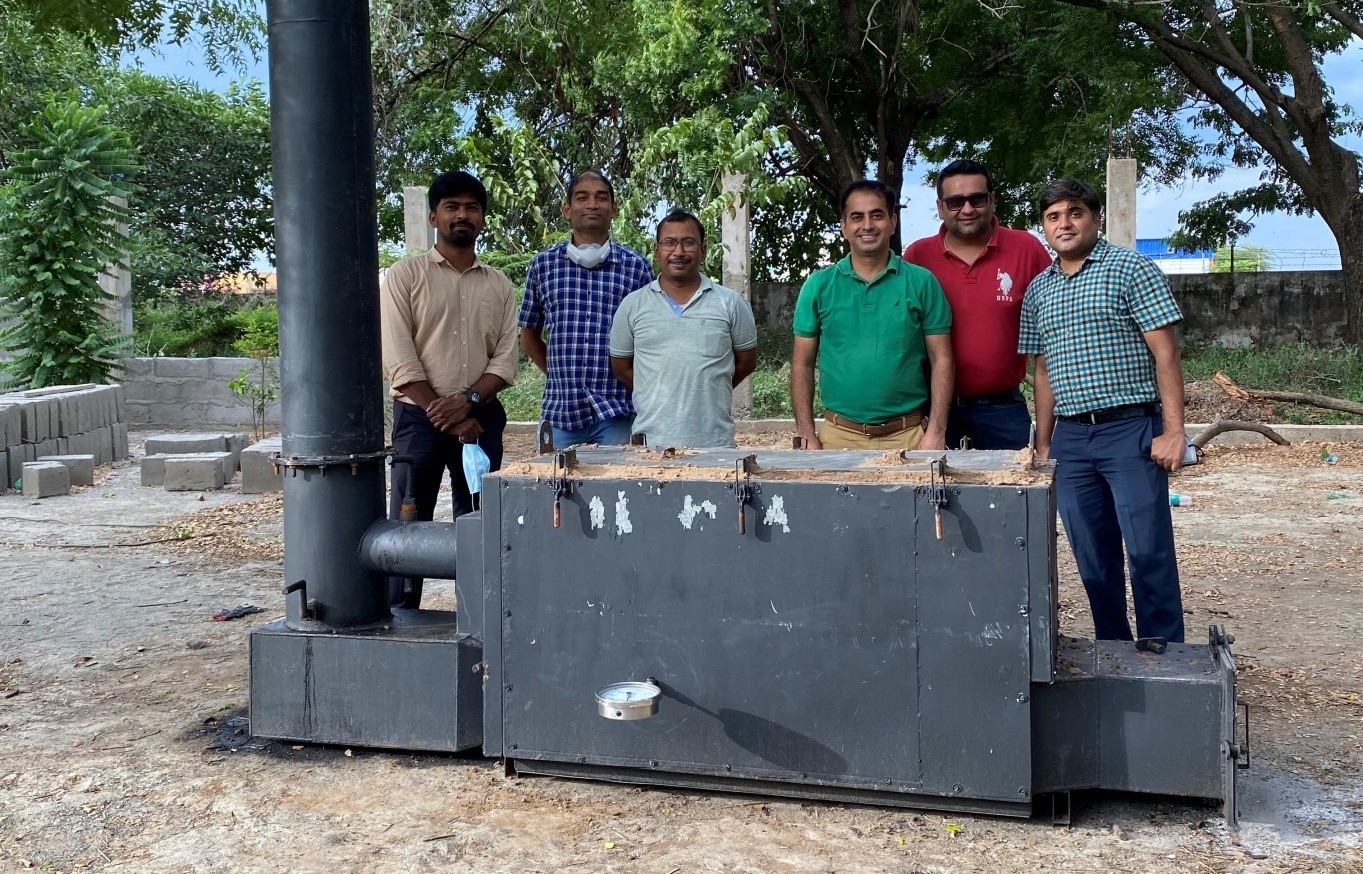
Researchers at the Indian Institute of Technology, Guwahati, have developed a novel improved natural draft charcoal retort to address the technological and capital investment challenges of Indian charcoal makers
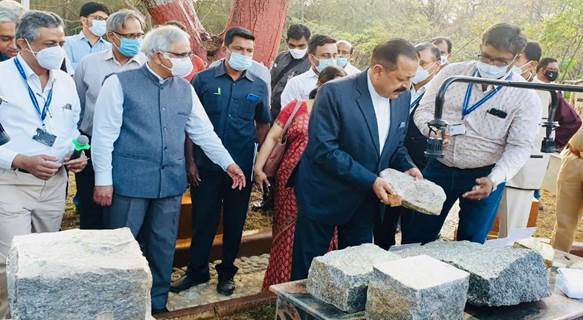
The Union Minister of State Science & Technology Dr. Jitendra Singh inaugurated the country’s first open rock museum in Hyderabad, on Thursday.

New drugs could soon be in the offing for Zika virus infection with a team of scientists at the Institute of Medical Sciences in Banaras Hindu University, Varanasi, getting new insights into how the virus multiplies inside the host.


The Council of Scientific and Industrial Research in collaboration with the Government of the Union Territory of Ladakh, will start commercial cultivation of sea buckthorn berry from the coming spring season in Ladakh.

A new research study has shown that the planets going around stars other than the Sun can also be studied by observing the polarization of light and studying polarisation signatures or variations in scattering intensity of light
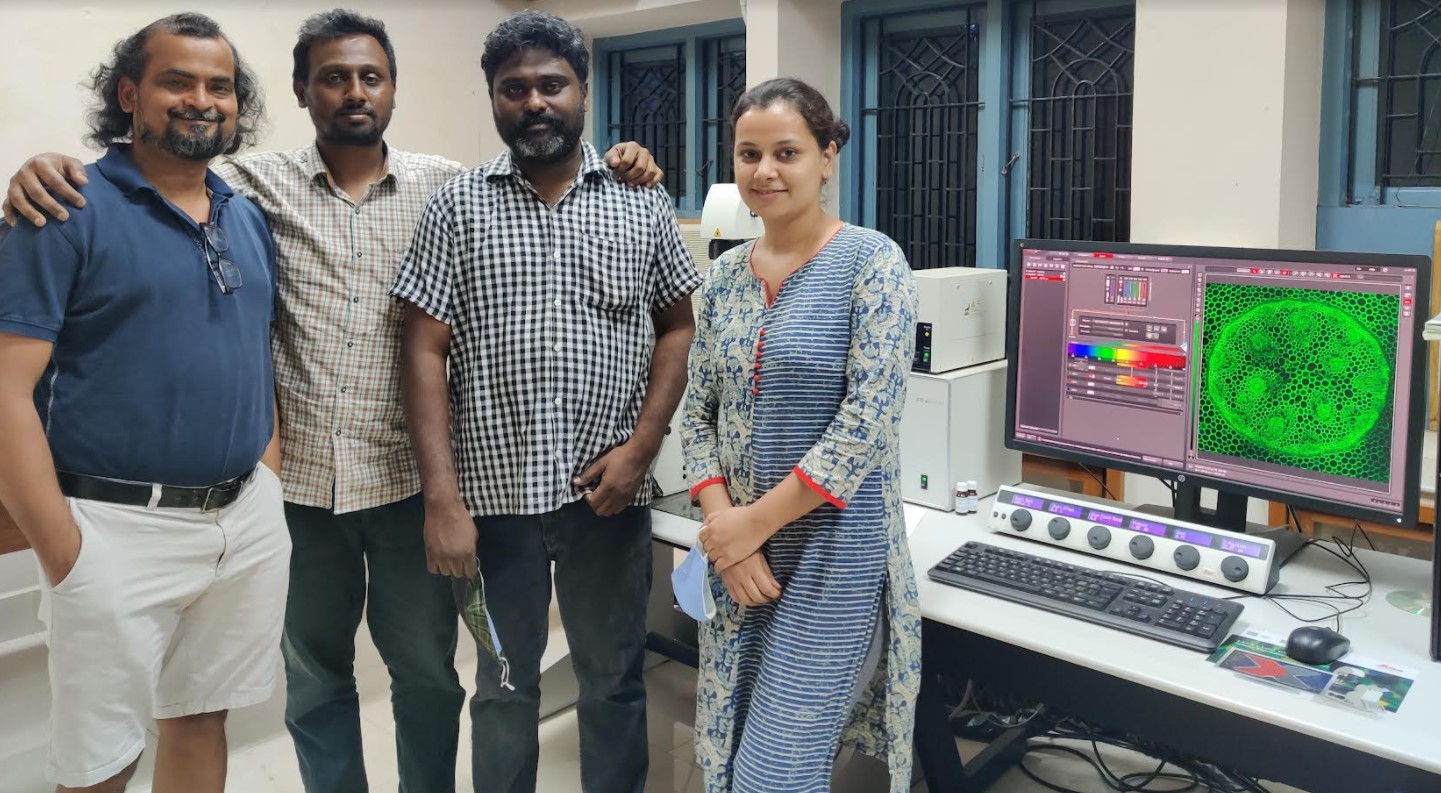
Researchers at the Indian Institute of Technology Madras have successfully developed a white light emitter for use in LEDs. The development of energy-efficient Light Emitting Diodes or LEDs replaced the energy-inefficient incandescent lamps in lighting and display applications. While LEDs have been available in almost all colors, white LEDs are a more recent development.

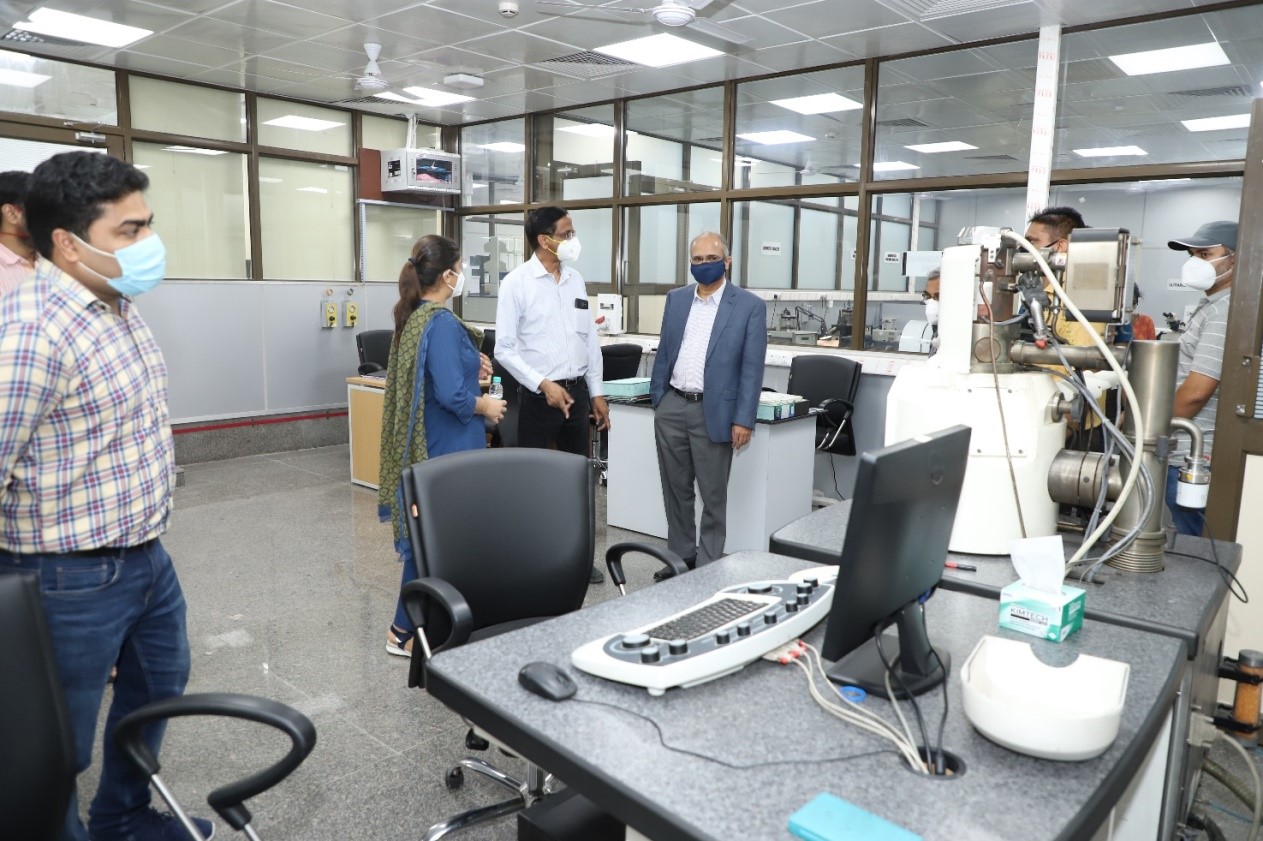
As part of an effort to boost the research ecosystem at the Indian Institute of Technology (IIT) Delhi, the Central Research Facility (CRF) was established in the year 2011, where all the central facilities were brought under a single umbrella

Researchers from the IIT, Bombay, have demonstrated a new technique to effectively reduce measurement errors when soot is present in low amounts.

Efforts to make use of mangrove plants to meet the increasing need for food production in the wake of a growing world population could get a major boost with a team of Indian researchers reporting a reference-grade genome of a highly salt-tolerant mangrove species called Avicennia marina. It grows optimally in 75% seawater and can tolerate even 250% seawater.
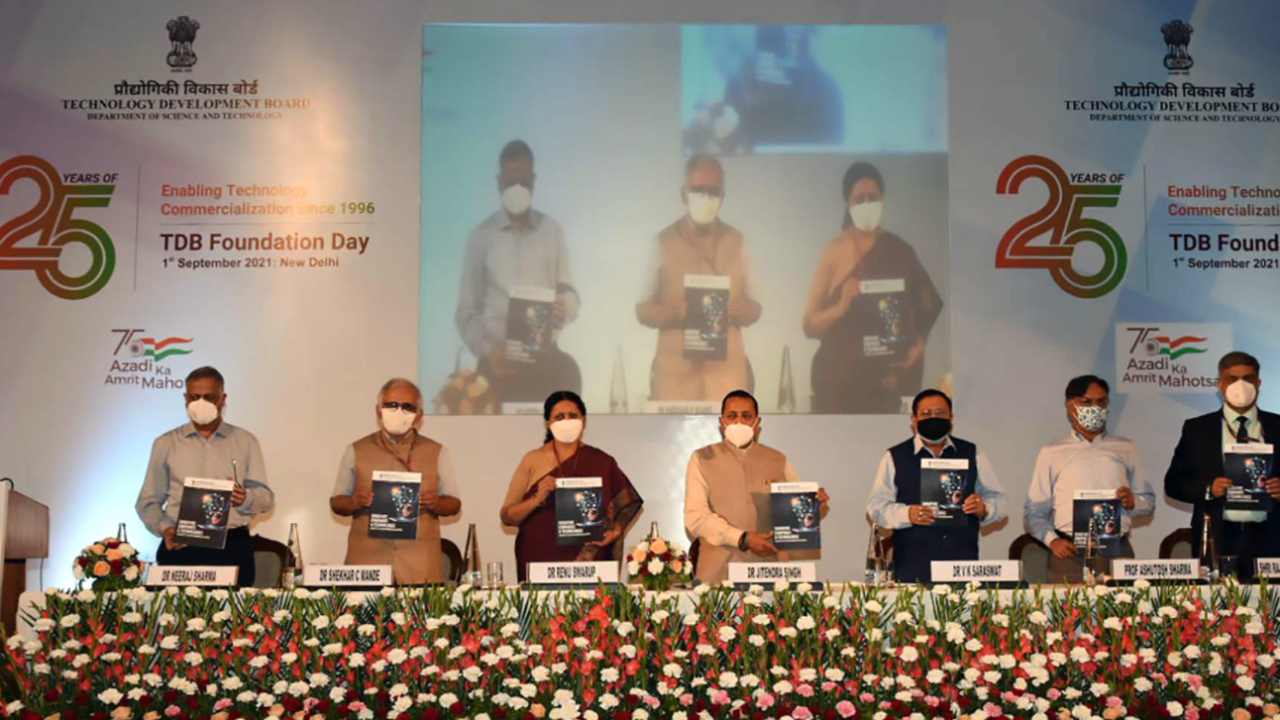

A group of researchers from the Indian Institute of Technology Guwahati and the Bhabha Atomic Research Centre, Mumbai has developed a new material that promises to improve the efficiency of electrodes used in supercapacitor devices
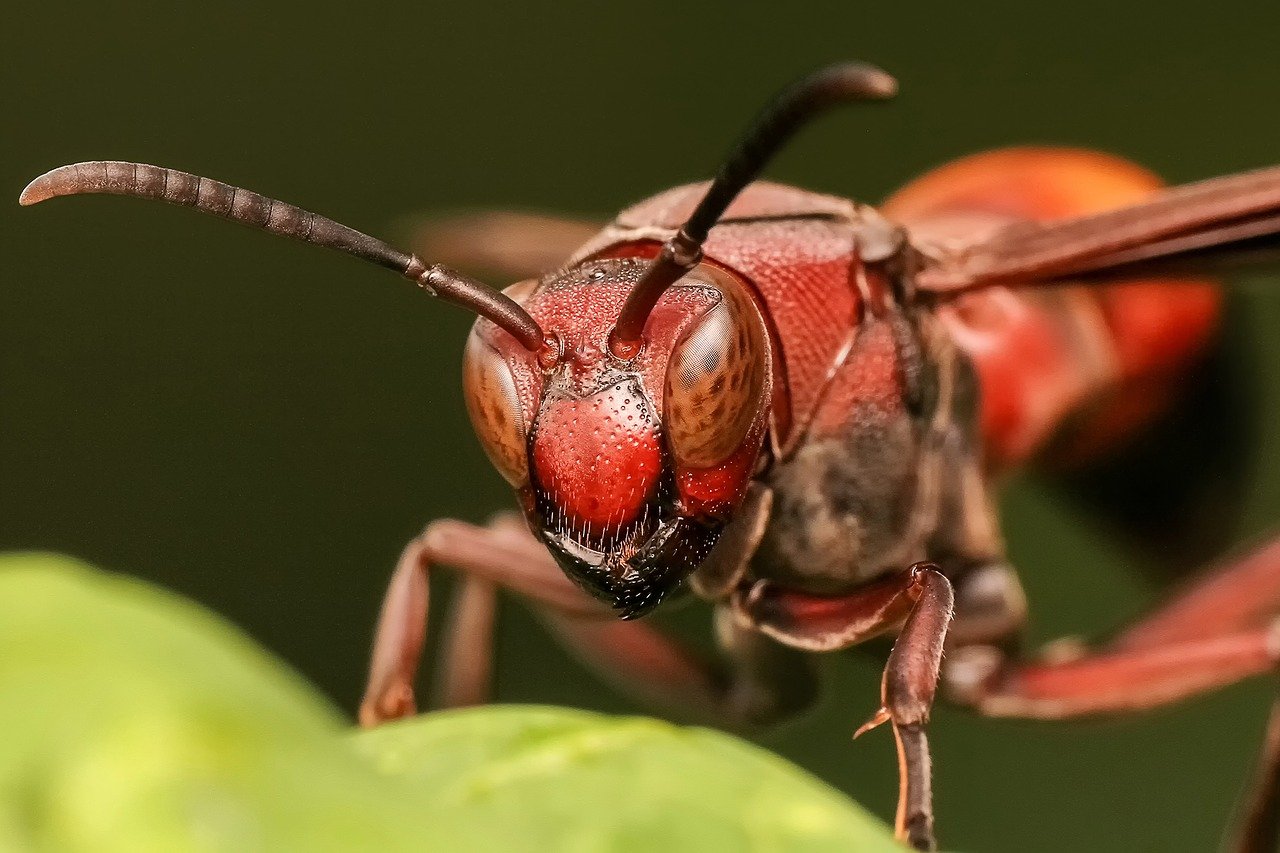
A new study conducted by researchers will help understand the egg-laying behaviour of certain pests and therefore help in designing specific control measures
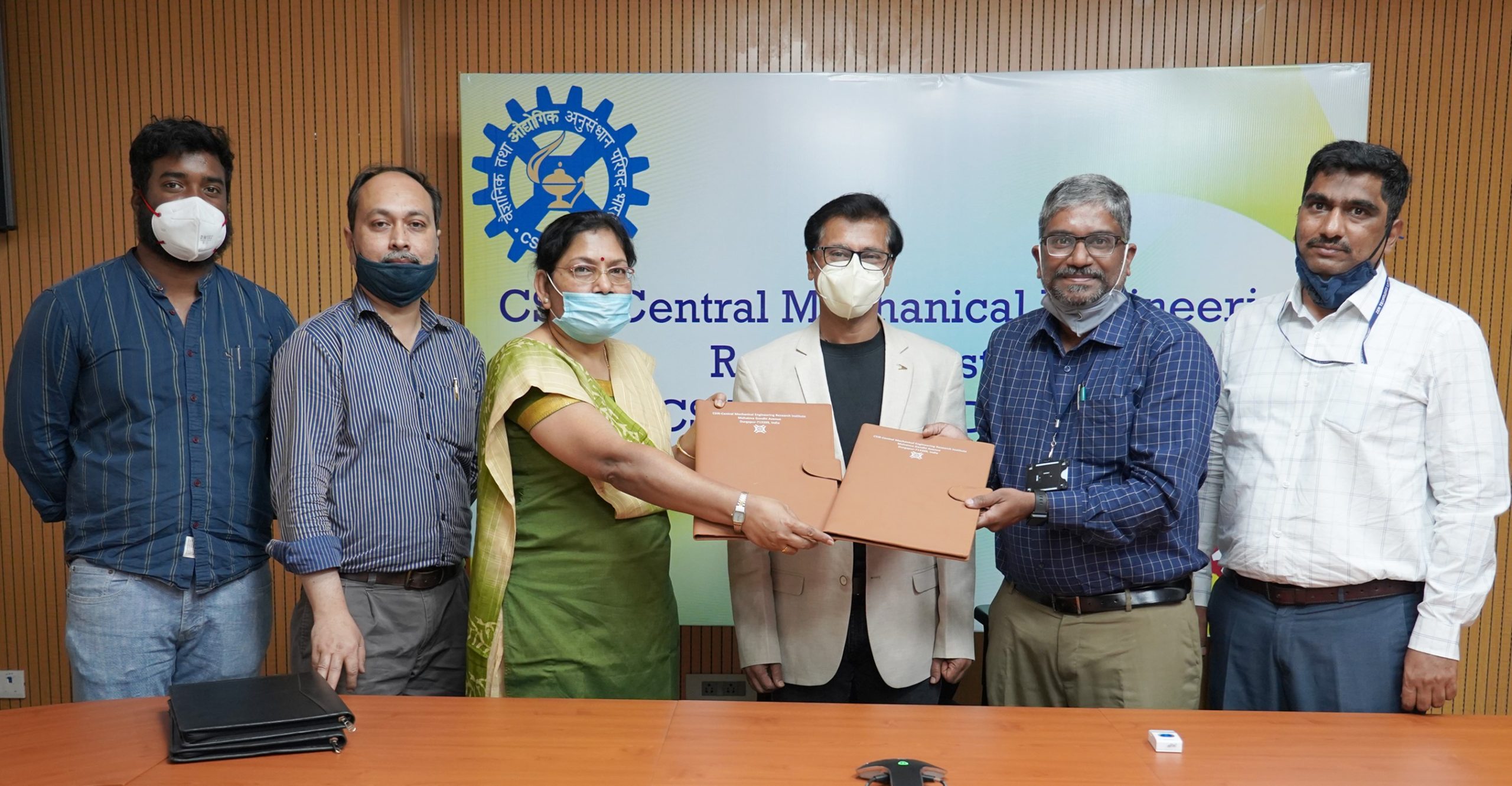
In a recent initiative, CSIR-Central Mechanical Engineering Research Institute Durgapur has transferred its COVID-related technologies to Sai Enviro Engineers Pvt Ltd, Zen Medical Technologies Pvt Ltd, and Trinity Microsystems Pvt Ltd


Researchers have developed the performance analysis of miniaturized circuitry used in modern devices such as mobile phones and tablets so that the devices may be designed for better performance even under erratic DC power supply.

The Vice President of India, Shri M. Venkaiah Naidu today expressed happiness that India was on the verge of releasing its own indigenous COVID vaccine and complimented the scientists who have made this possible

A total of 20 films have bagged awards at the International Science Film Festival of India (ISFFI) 2020, which was held as part of the sixth India International Science Festival 2020 held from December 22-25

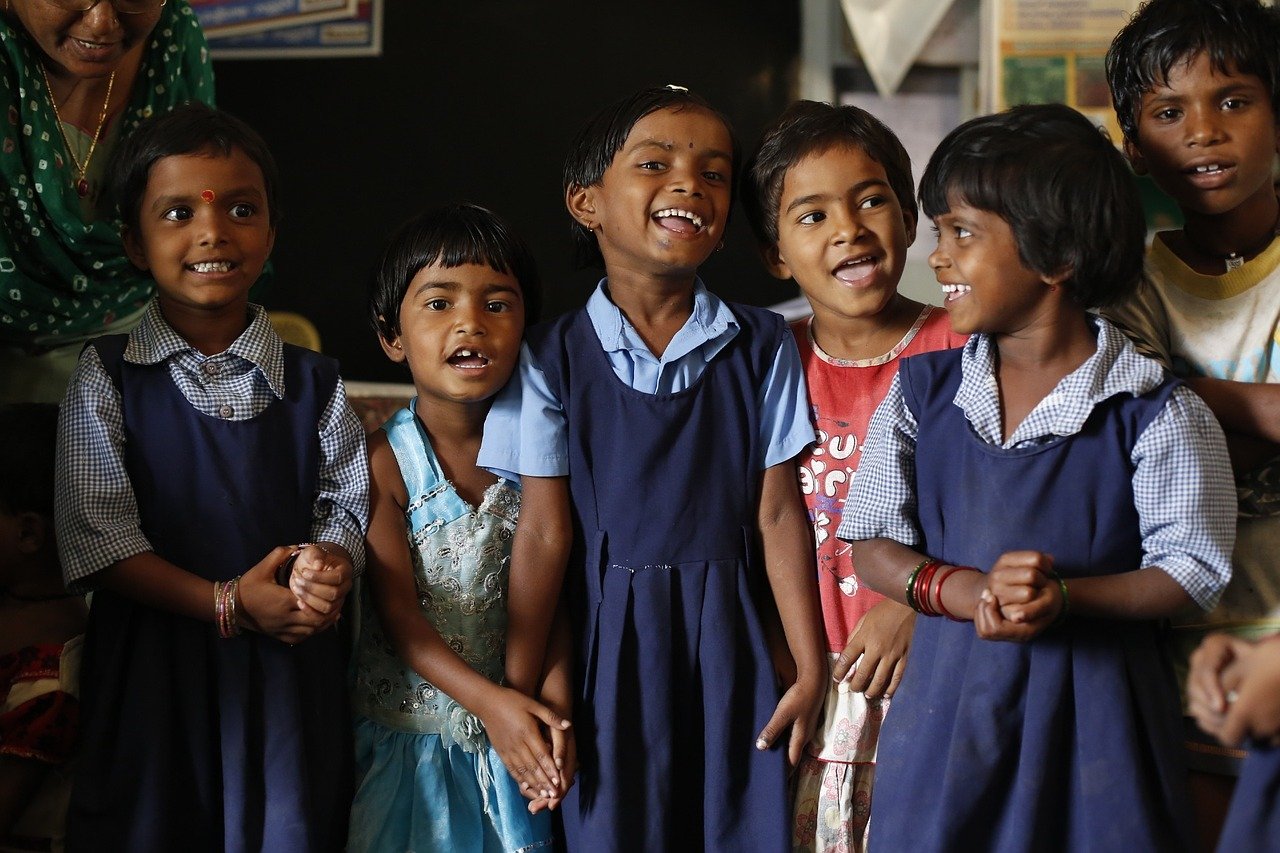
Science communication is an integral part of our daily lives in modern times. Rapidly growing India needs more science communicators to let its people keep abreast of scientific and technological advancements.

In a significant development in the area of ophthalmology, a team of researchers has come out with a finding that shows the possibility for a cure for the progressively irreversible retinal degenerative disease which causes partial or complete blindness

The researcher concluded that the accumulation of fluoride in water is not due to evapotranspiration or due to calcite precipitation. Fertilizers are sources of fluoride contamination.
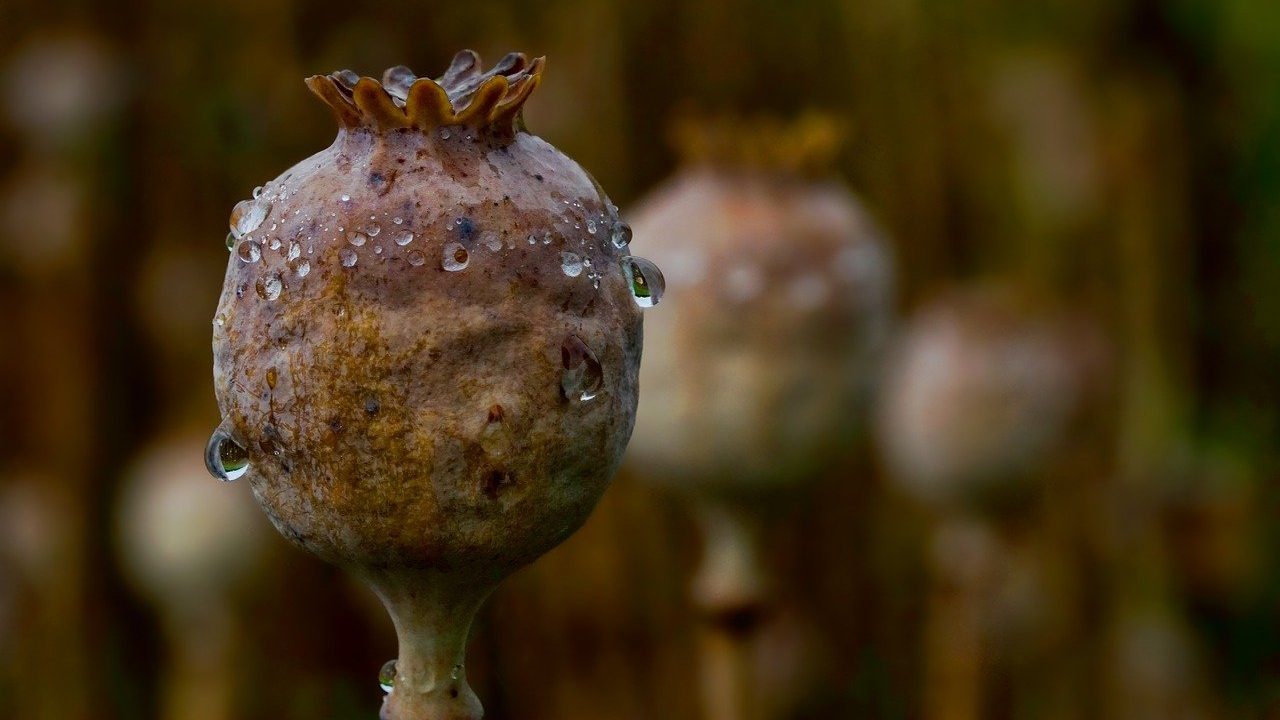
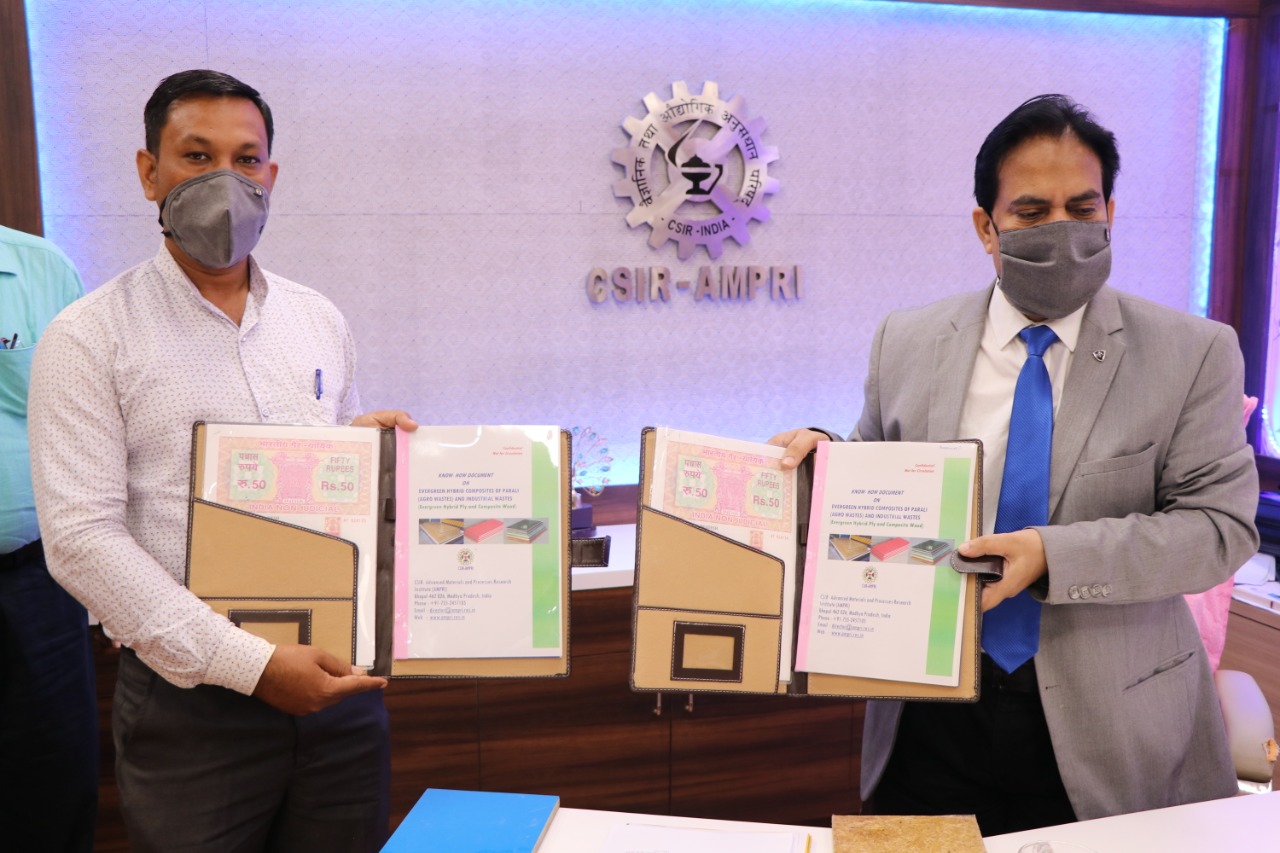
The Council of Scientific and Industrial Research-Advanced Materials and Processes Research Institute researched to find a productive way to manage the agro-industrial waste.
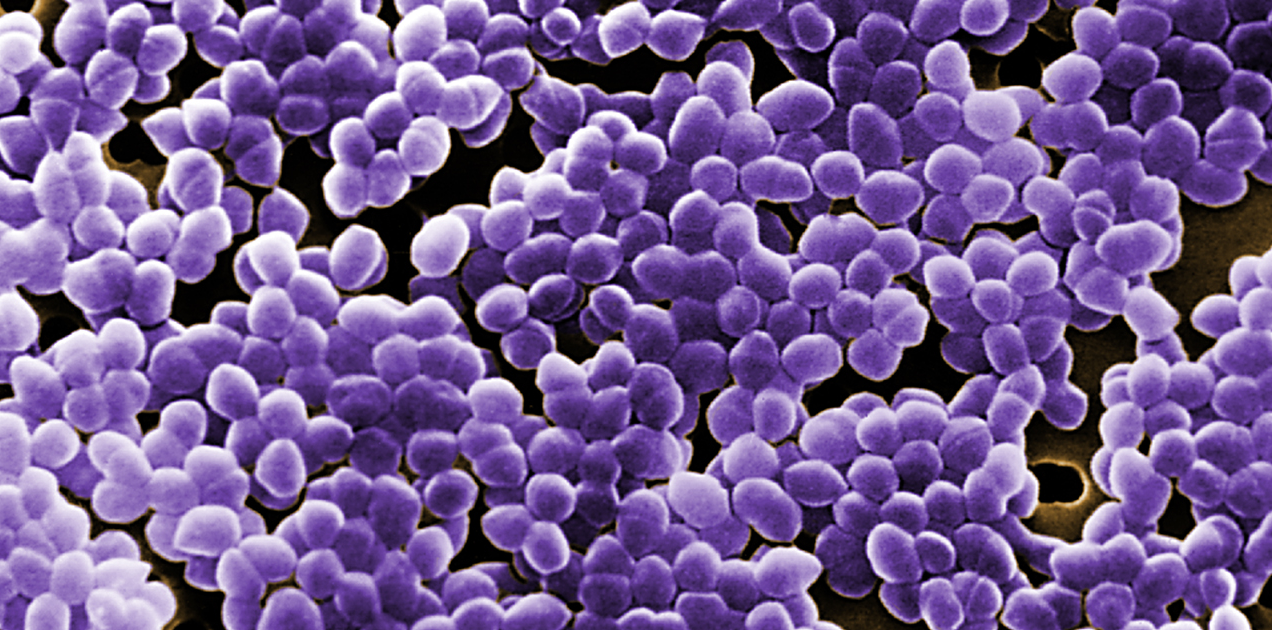
Scientists at the National Institute of Ocean Technology, Port Blair, have developed a highly effective kit to detect the multi-drug-resistant strains of the gram-positive bacteria Enterococcus faecalis

In a new study, researchers report that antibody levels in the blood of COVID-19 patients drop rapidly during the weeks after their bodies have cleared the virus and symptoms have subsided.

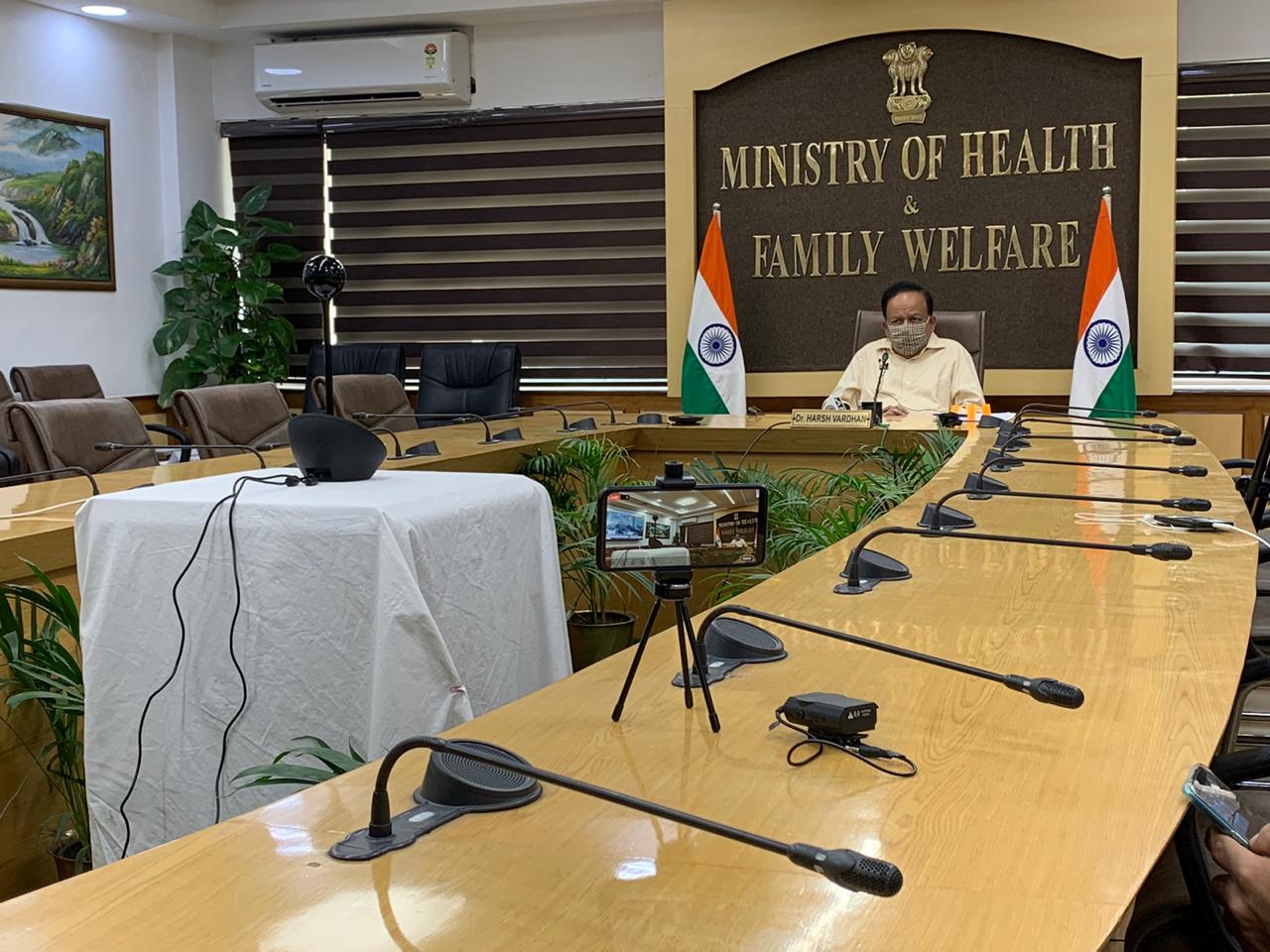
In a joint initiative of the Council of Scientific & Industrial Research, Unnat Bharat Abhiyan, Indian Institute of Technology Delhi, and Vijnana Bharti, a set of CSIR technologies have been launched for rural development
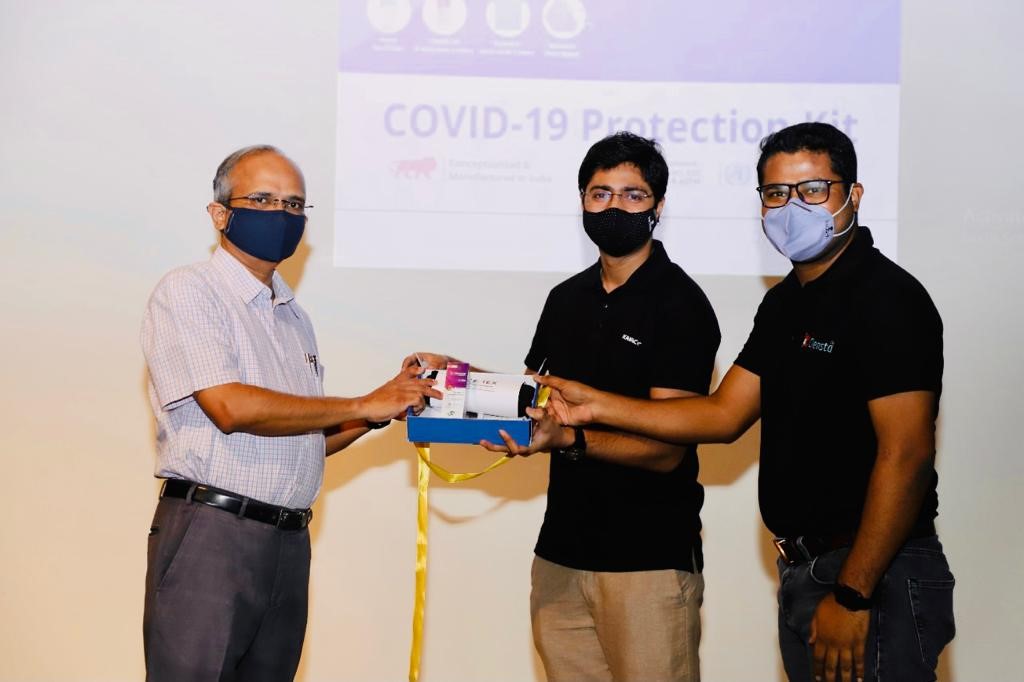
Indian Institute of Technology, Delhi incubated startups E-TEX and Clensta have teamed up and launched a complete antiviral protection kit for the masses at an affordable price

The study revealed that microplastic is one of the carriers of major pollution to the marine environment found along the entire Kanyakumari coastal stretch of southernmost India.

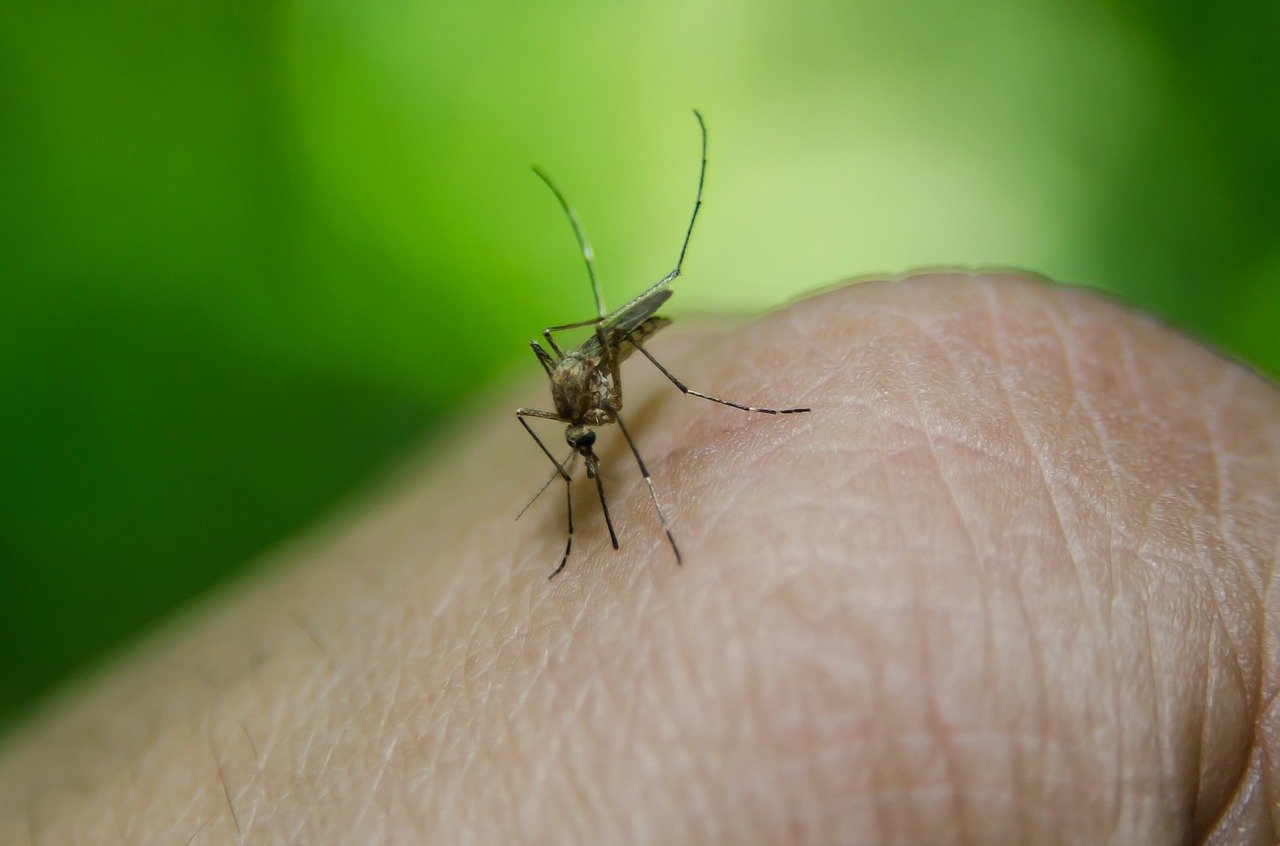
Researchers have identified a novel anti-malarial peptide that could be used in combination with other antimalarials for blocking the Plasmodium falciparum parasite from infecting blood cells
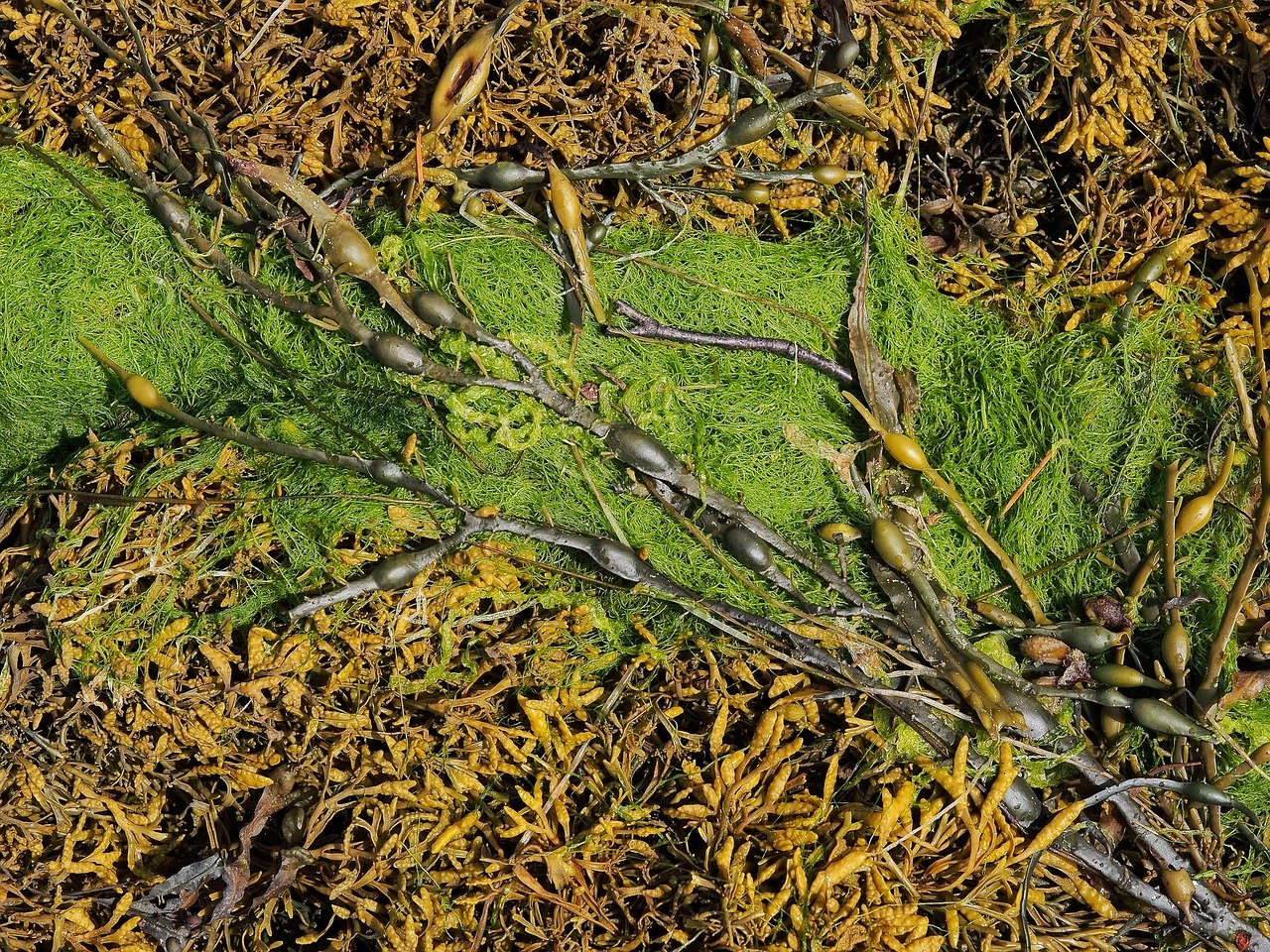
In a study conducted by NCCR scientists, it was examined how climate-driven upwelling could affect the marine ecosystem and fisheries due to Harmful Algal Blooms.

A team of researchers from the Indian Institute of Technology, Guwahati in collaboration with scientists from the University of Pardubice, Czech Republic, is working towards developing indigenous algorithms that can protect the Nation's digital data from cyber-attacks by advanced computers


Researchers at the Indian Institute of Technology Madras have shown that EEG can also be used to measure brainwaves in industrial workers, to assess their mental sharpness, especially during times of crisis.

Prof Achalkumar and Prof. Yasuhiro Ishida from RIKEN, Wako-shi campus, Japan, have developed a simple and novel method to separate chiral enantiomers.

A research team from the Indian Institute of Technology Mandi in collaboration with researchers from Virginia Commonwealth University and the University of South Florida, USA, has used computational tools to understand an important part of the viral proteome called Intrinsically Disordered Protein Regions


Indian Institute of Technology Madras researchers have discovered a new material to effectively split water into Hydrogen and Oxygen using solar power
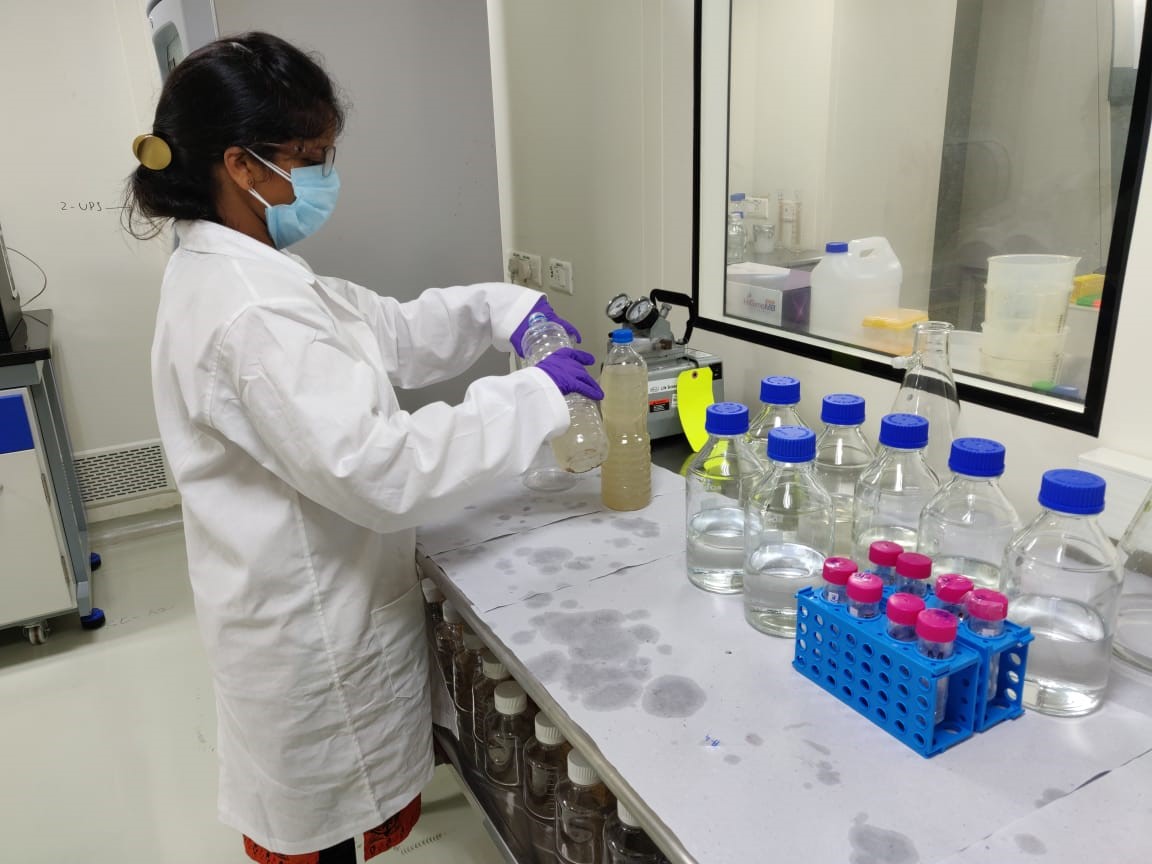
Centre for Cellular and Molecular Biology and Indian Institute of Chemical Technology in a joint study have harvested the sewage samples to estimate the number of potentially infected individuals in the city of Hyderabad.

Researchers from the IIT Guwahati, and Imperial College London, UK, have developed a tailored ‘meta-grid’ of nanoparticles that could make light-emitting diodes even brighter, energy-efficient and durable.


Scientists at the Indian Institute of Technology Madras have shown that the active principle from turmeric that is curcumin can enhance cancer cell death caused by a protein called ‘TRAIL.’
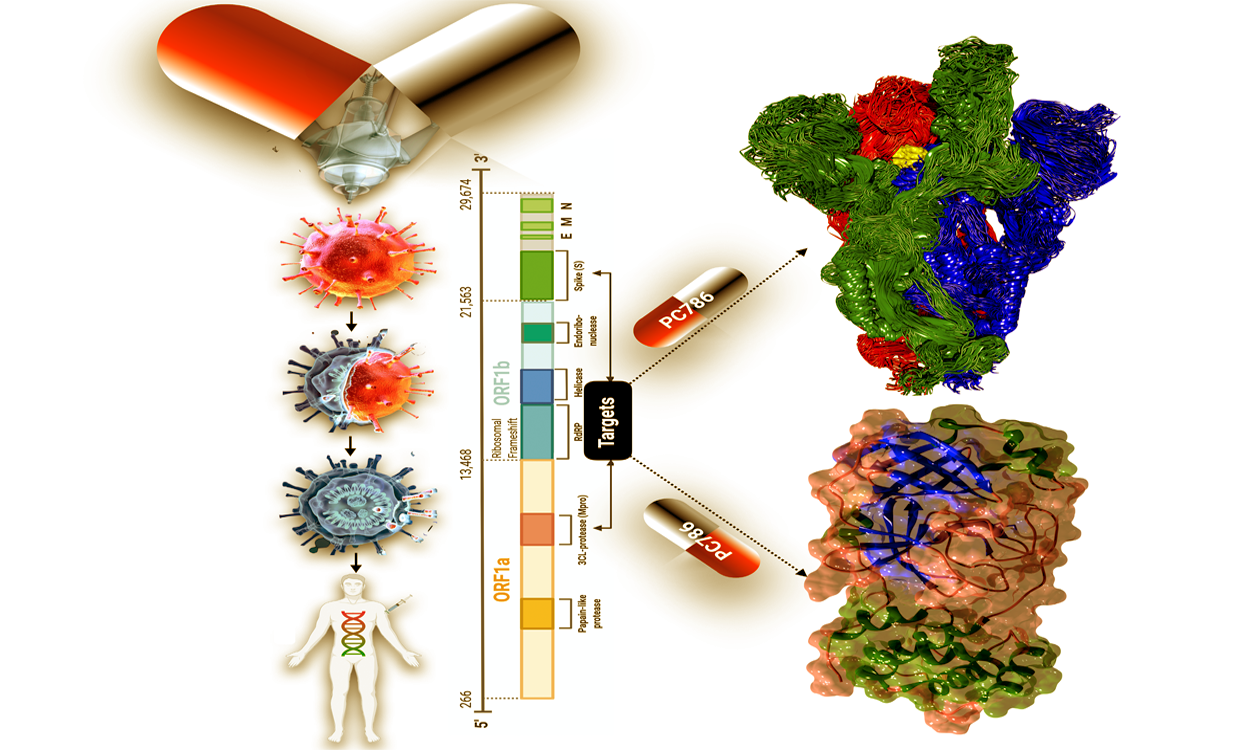
Using bioinformatics approaches, the research team has succeeded in identifying 38 anti-coronaviral drugs from a pool of antiviral drug candidates.

The National Botanical Research Institute has established an “Advanced Virology Lab” for testing COVID-19. The facility has been developed based on the guidelines of the Indian Council Medical Research, World Health Organisation, and the Ministry of Health and Family Welfare.

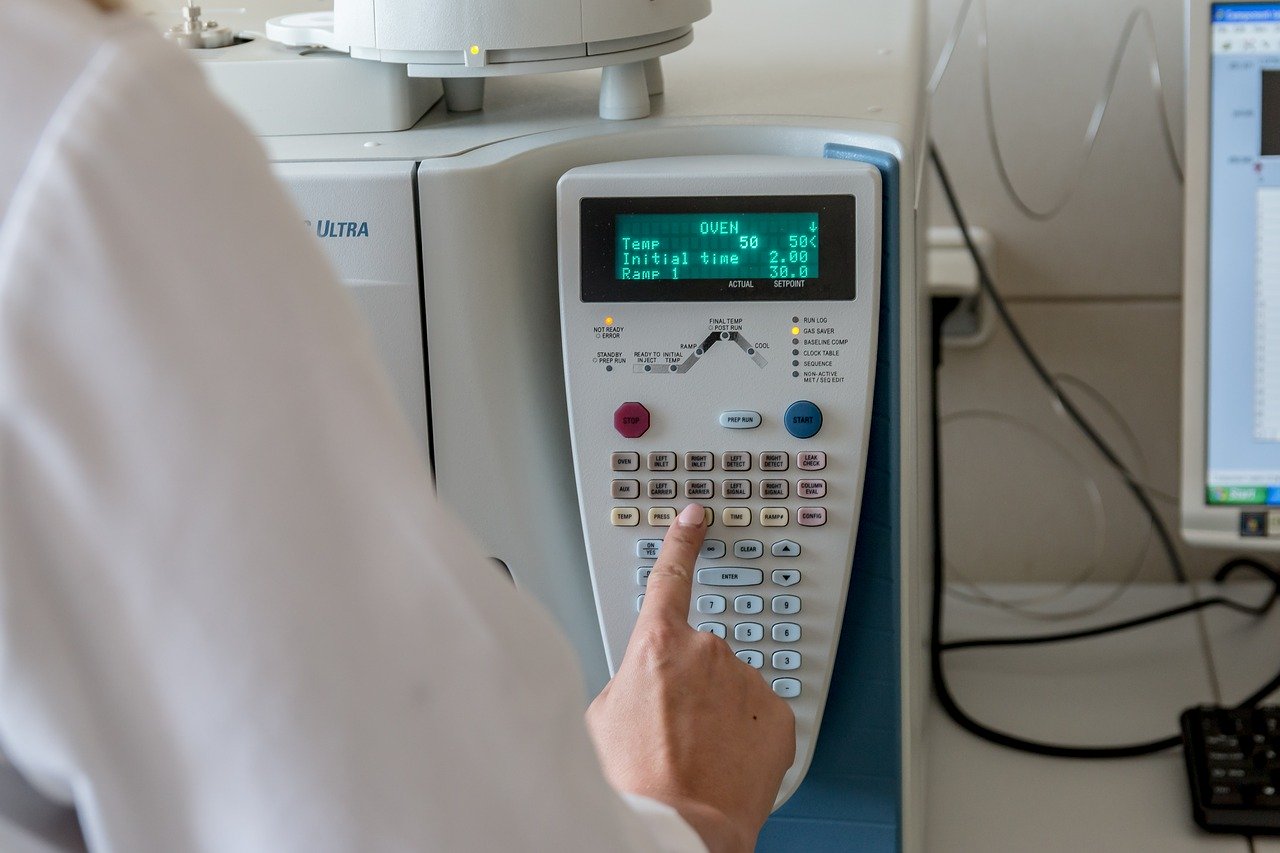
Researchers at the Centre for Cellular and Molecular Biology have developed a new low-cost and low-tech required test for SARS-CoV-2 testing. This test is known as reverse transcription nested PCR test
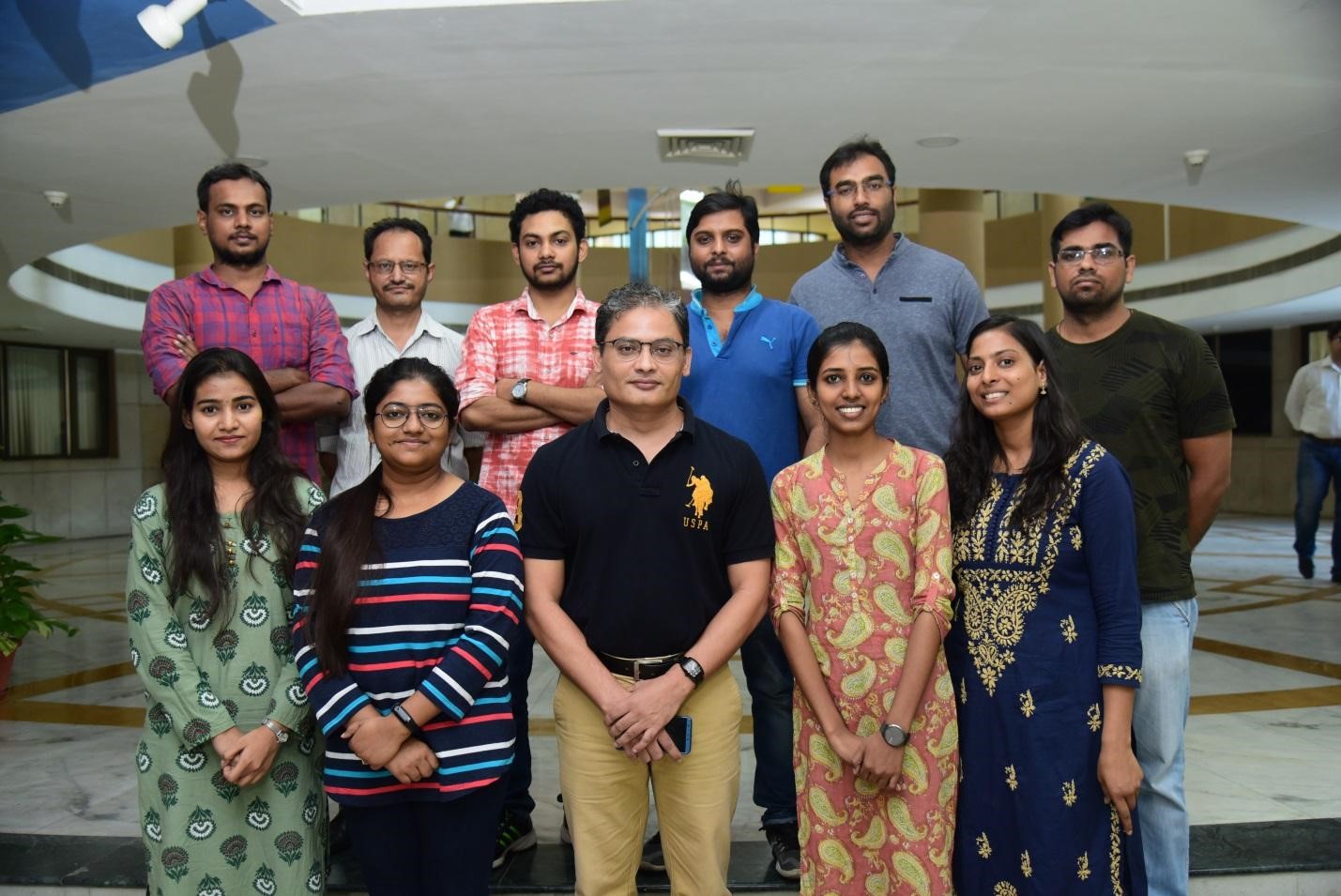
Researchers from the National Institute of Plant Genome Research, Indian Agricultural Research Institute, National Rice Research Institute, and University of Delhi South Campus have identified a region in the genome of a rice, which seems to have the potential for improving productivity.
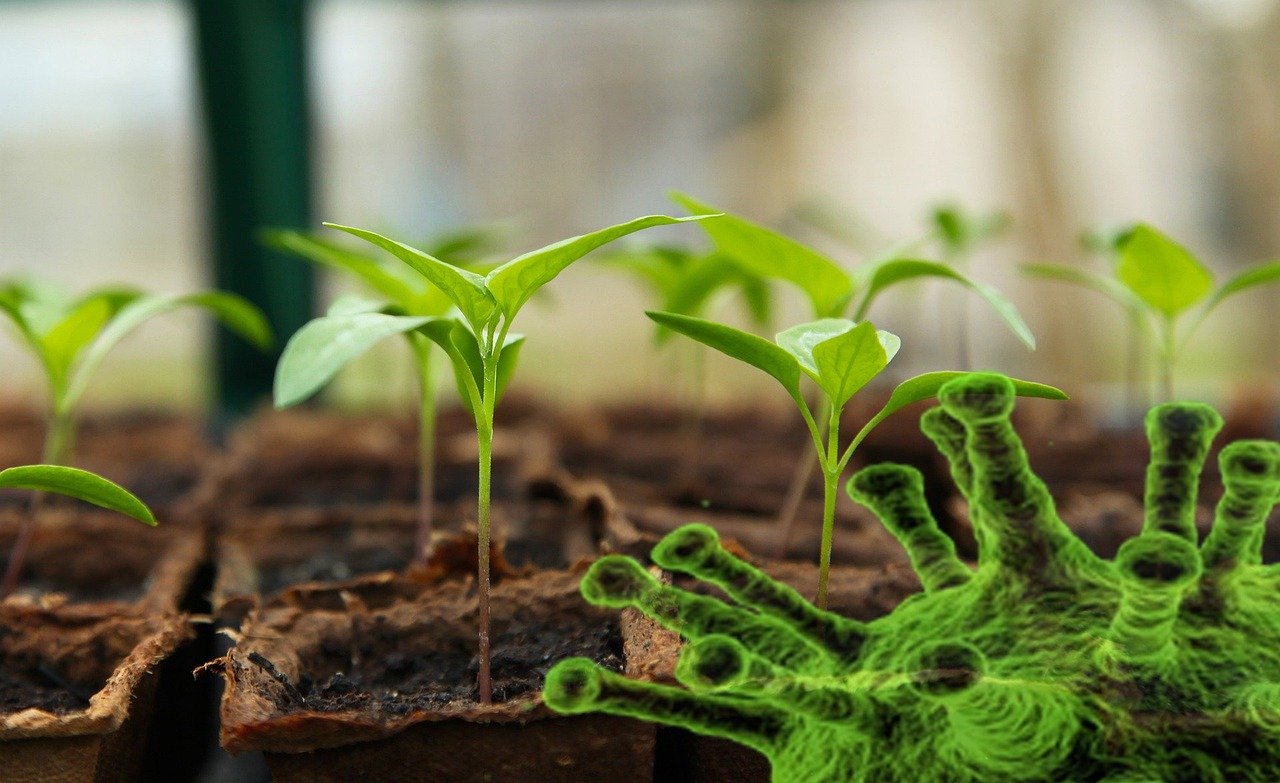
Researchers at the Institute have developed a VLP of a plant virus called the Pepper vein banding virus to use as a possible vehicle to deliver antibodies into a cell. These VLPs can enter mammalian cells as well, despite being of plant origin.


The Council of Scientific and Industrial Research is working with Intel India and International Institute of Information Technology, Hyderabad, to help achieve faster and less expensive COVID-19 testing and coronavirus genome sequencing to understand the epidemiology and Artificial Intelligence-based risk stratification for patients with co-morbidities.

Scientists at CSIR-Central Mechanical Engineering Research Institute have developed two mobile indoor Disinfection Sprayer units. These units can be used for cleaning and disinfecting pathogenic micro-organisms effectively, especially in hospitals.

The Indian Council for Medical Research has fast-tracked the roll-out of the global ‘Solidarity’ trial launched by the World Health Organization towards finding an effective treatment for COVID-19.
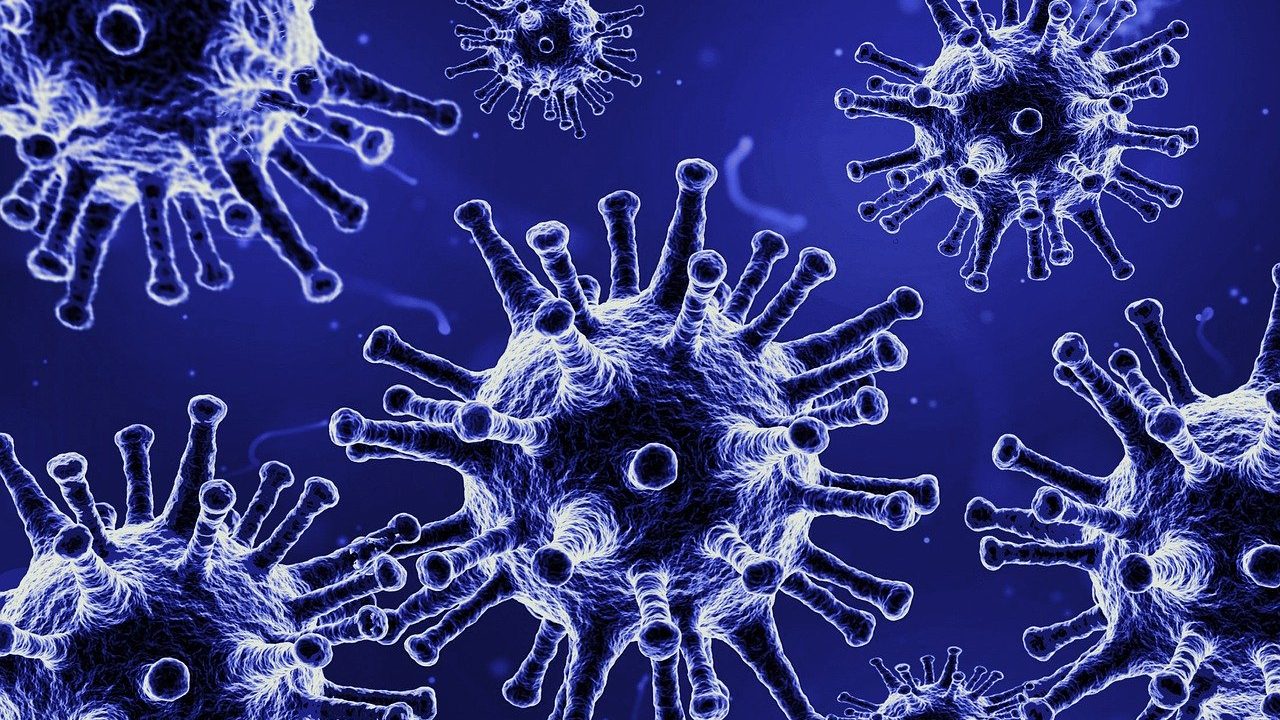
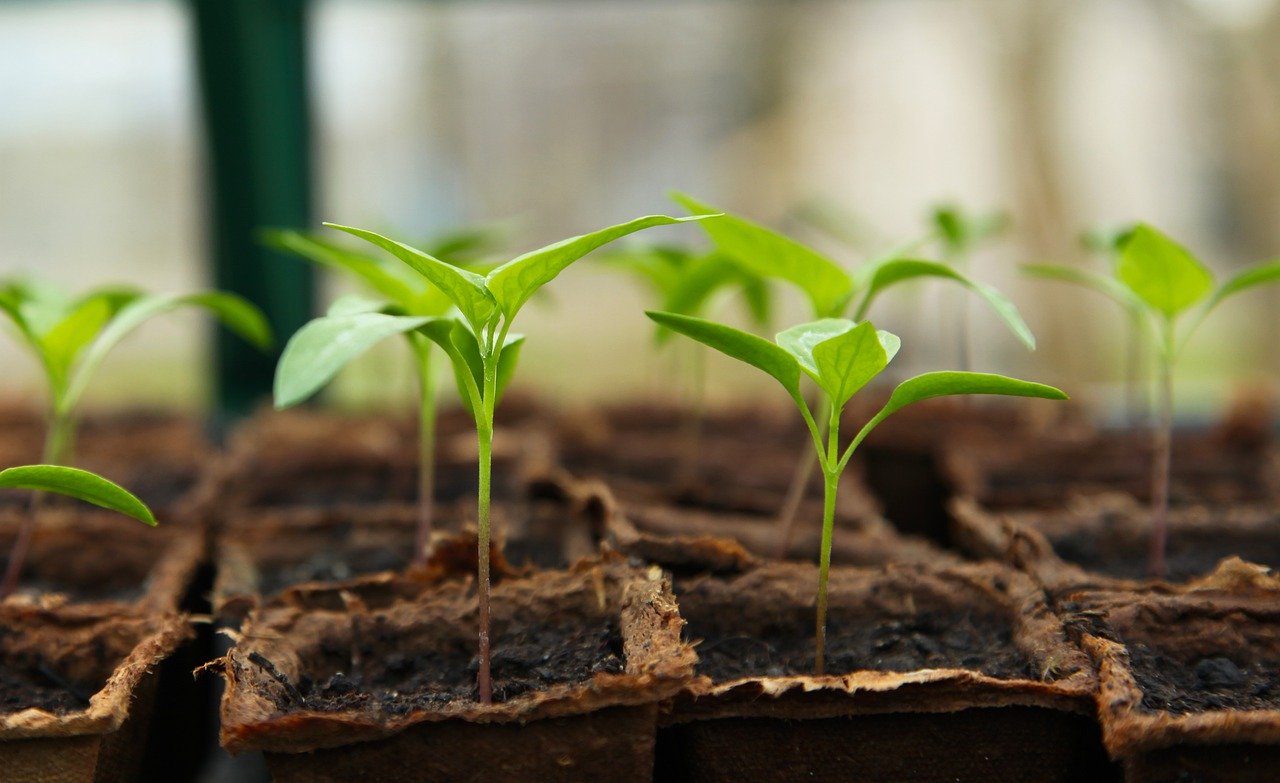
The group led by Dr. Jyothi Lakshmi Vadassery has found that an ion channel called CNGC19 in the plants could be playing a decisive role in helping the plants to benefit from the good microbes
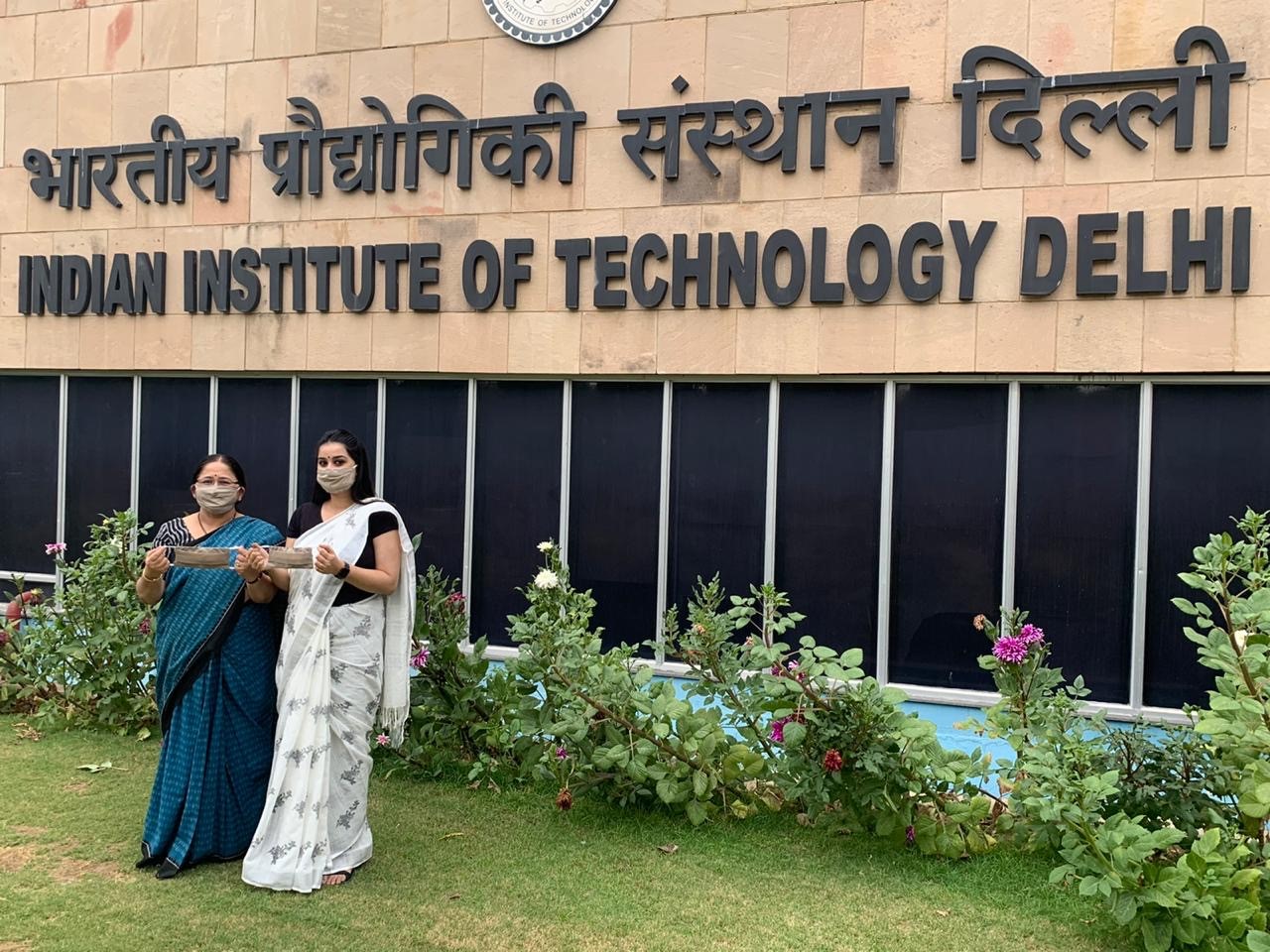
An IIT Delhi start-up "Nanosafe Solutions" has launched an antimicrobial and washable face mask "NSafe", which is reusable up to 50 launderings, thus greatly cutting down the cost of use.
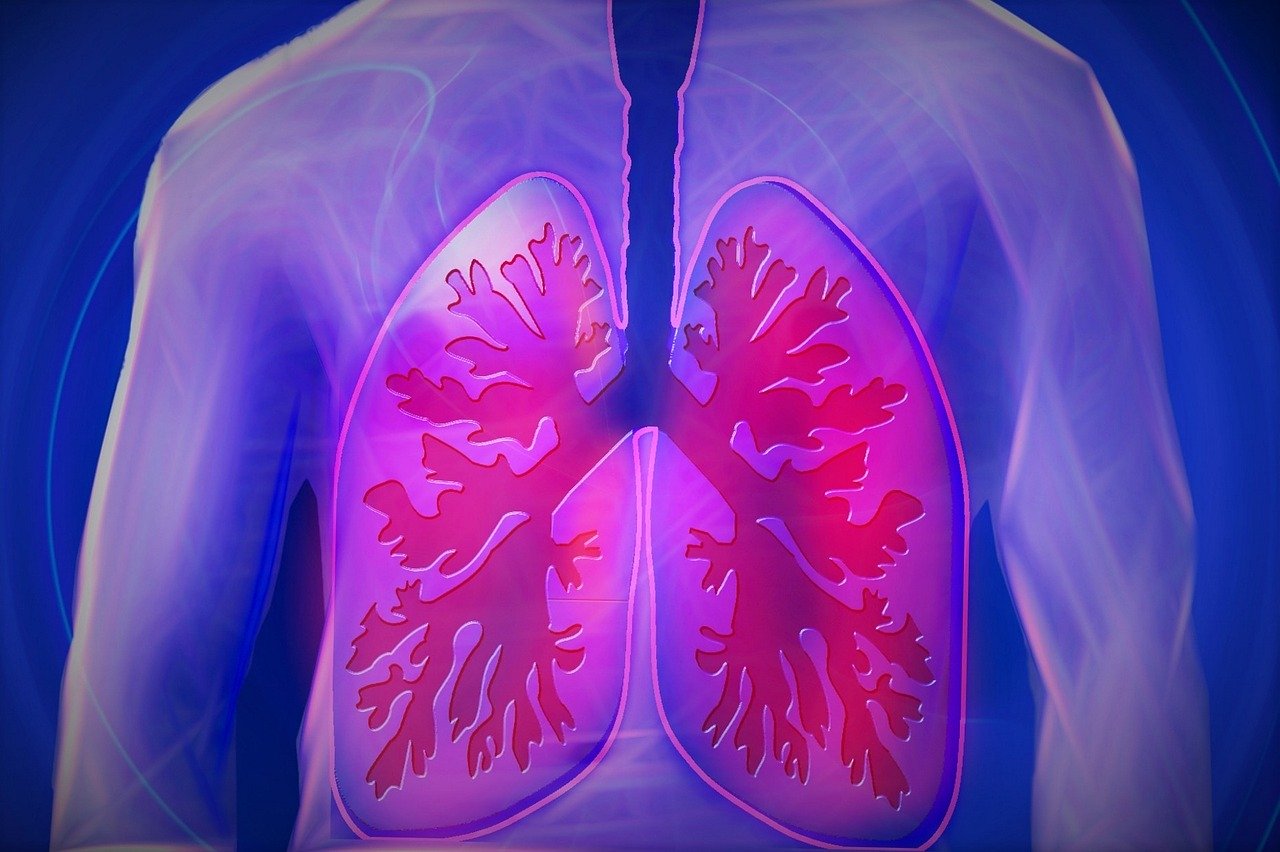
Centre for Cellular and Molecular Biology (CCMB), Hyderabad has tied up with a Bengaluru-based company, Eyestem Research Private Limited, to take up research activities on COVID-19. Through this research collaboration, an attempt will be made to grow novel coronavirus in human cell lines, which will enable in vitro testing of potential drugs and vaccines against […]


CSIR-CSIO has designed and developed an innovative technology for effective disinfection and sanitization to fight with the corona pandemic.
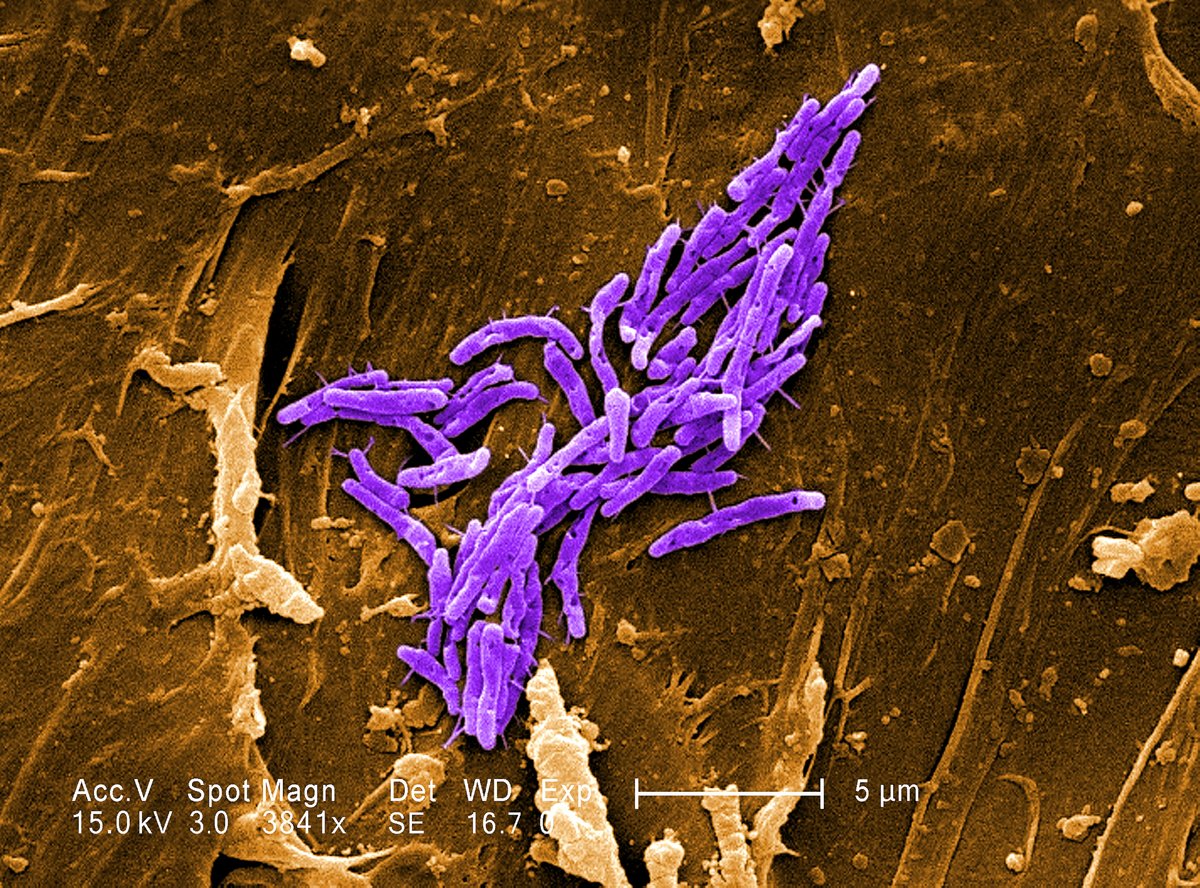
Council of Scientific and Industrial Research has decided to repurpose an approved immunomodulator called Sepsivac to enhance the innate immunity of the body to limit the spread of COVID-19 and fasten the recovery of COVID-19 patients.

National Botanical Research Institute has developed a herbal decongestant spray to address the issues of difficulties in breathing and congestion in the respiratory system
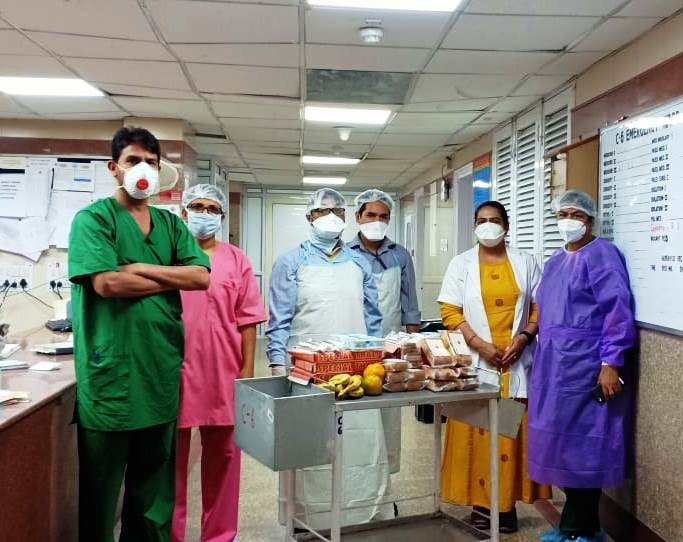

The National Aerospace Laboratories has developed cost-effective and quality-certified fabric-based personal protective suits. NAL, along with MAF Clothing Private Limited, has developed these suits.
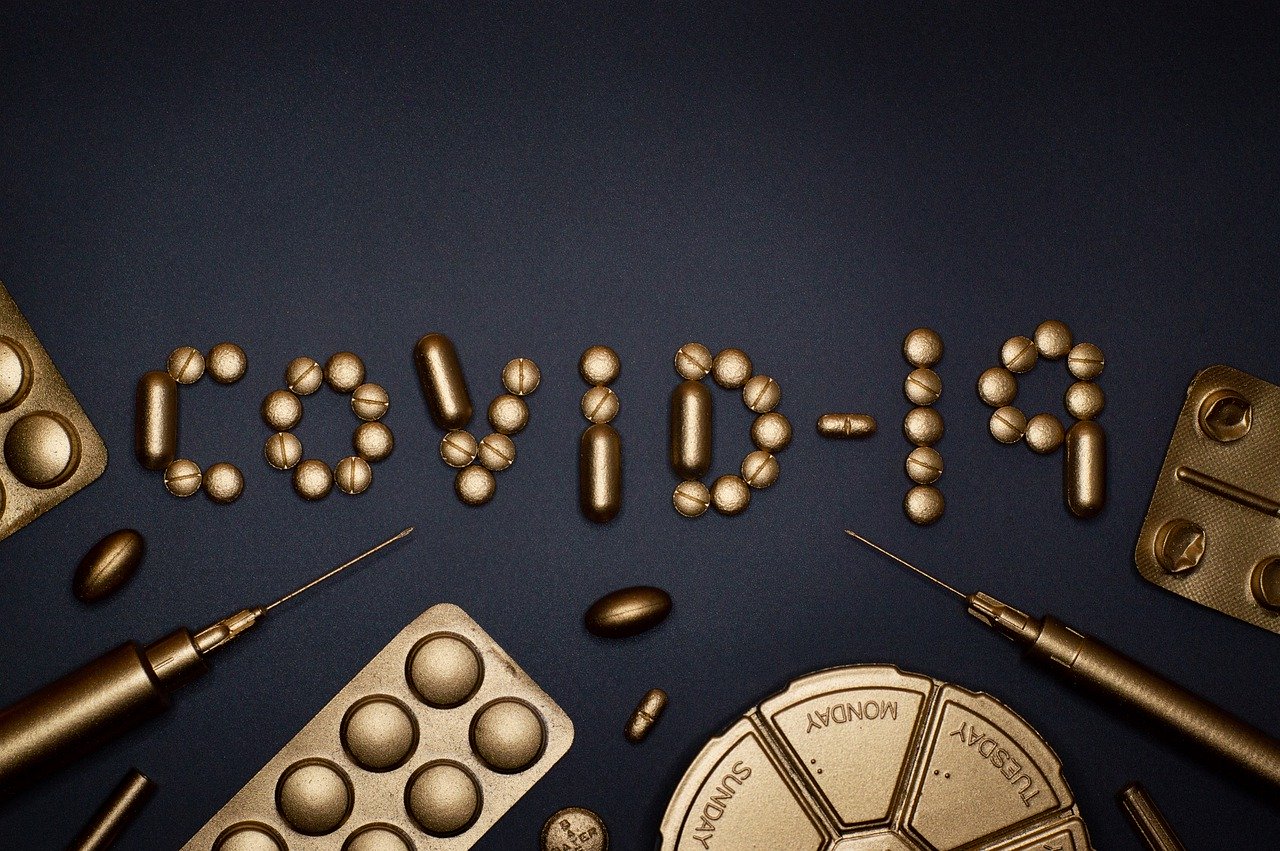
As of now, eight different variants of the virus are known to be causing the COVID-19 infection. A CDRI team has been put into place for analyzing whether changes to the viral sequences, if any, will impact the proposed treatment strategies.
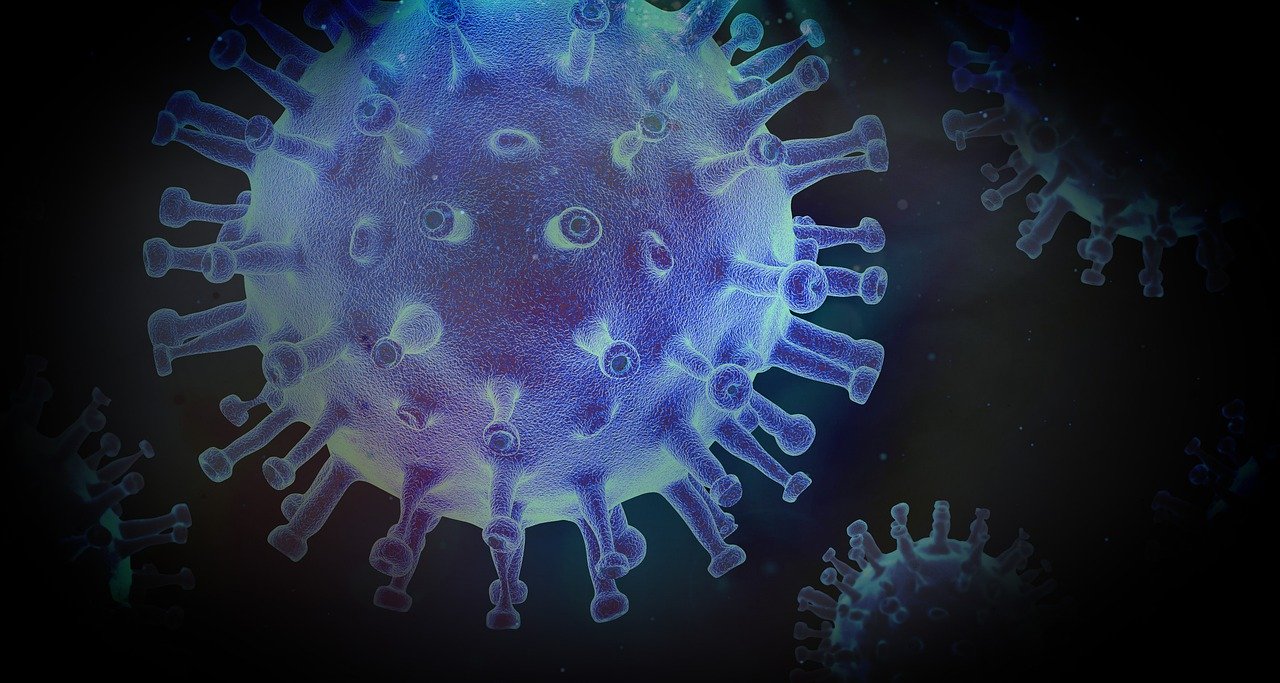
Professor Chaudhary’s group is isolating genes encoding antibodies, which can neutralize the SARS-CoV-2, using a large antibody library already available in-house as well as a library made from cells of patients who have recovered from COVID-19 infection.


Mysuru-based CSIR-Central Food Technological Research Institute has joined hands with the district administration by making available equipment needed for testing of samples.
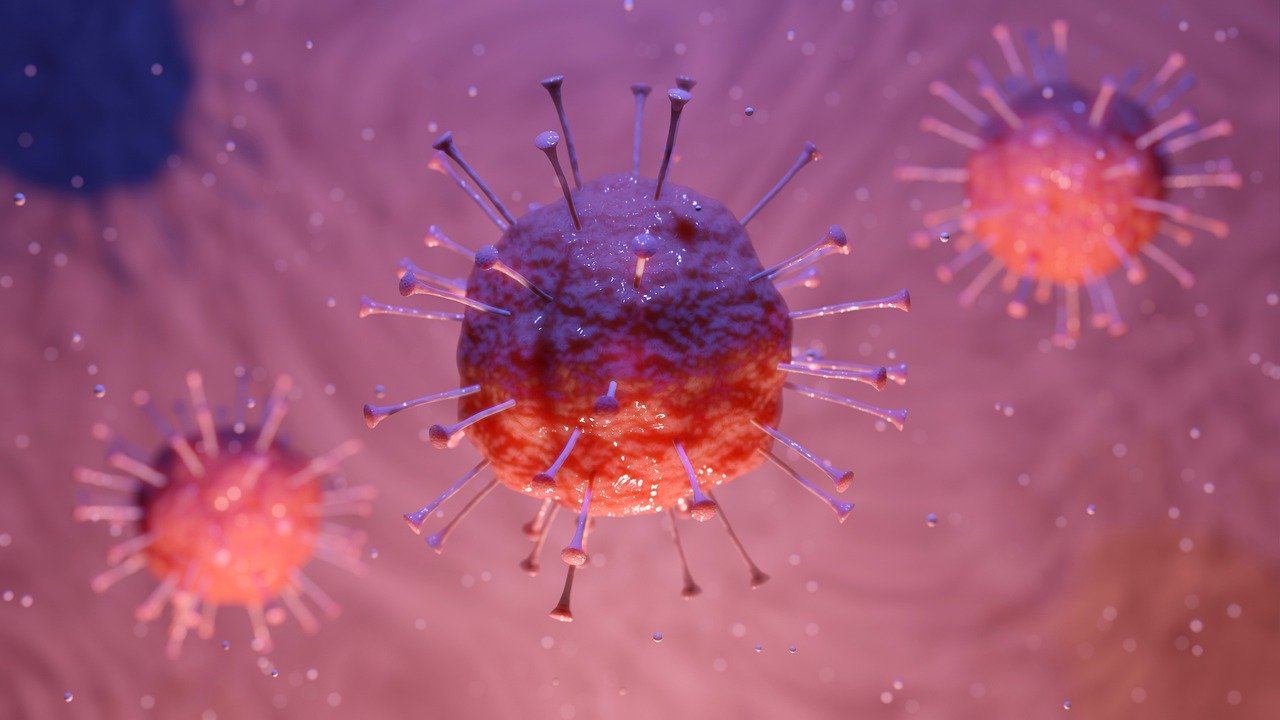
With over 1.3 billion people in Her bosom, the spread of coronavirus in India and India’s response mechanisms are being closely watched over by the rest of the world.

The COVID-19 pandemic is throwing up unique challenges for health systems. It presents particular challenges for patients who receive regular hemodialysis. These patients with damaged kidneys, also known as uremic patients, are particularly vulnerable to infection and may exhibit greater variations in clinical symptoms and infectivity.
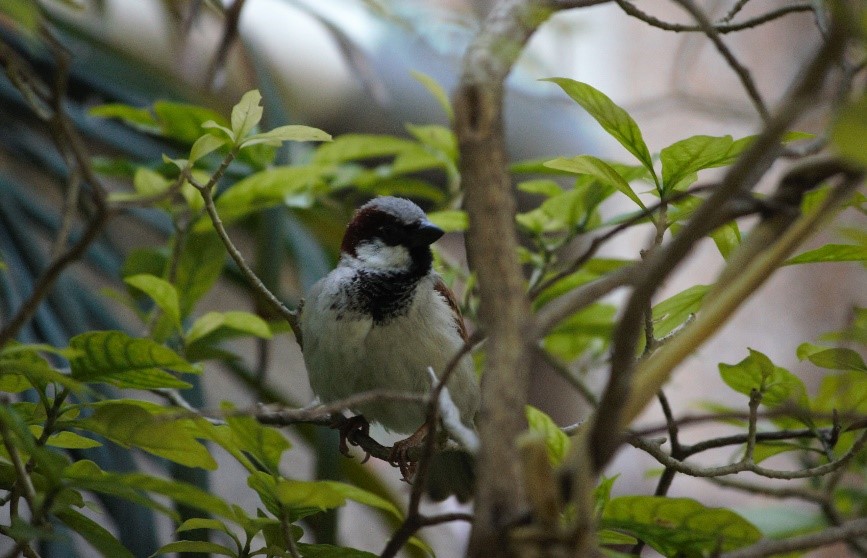
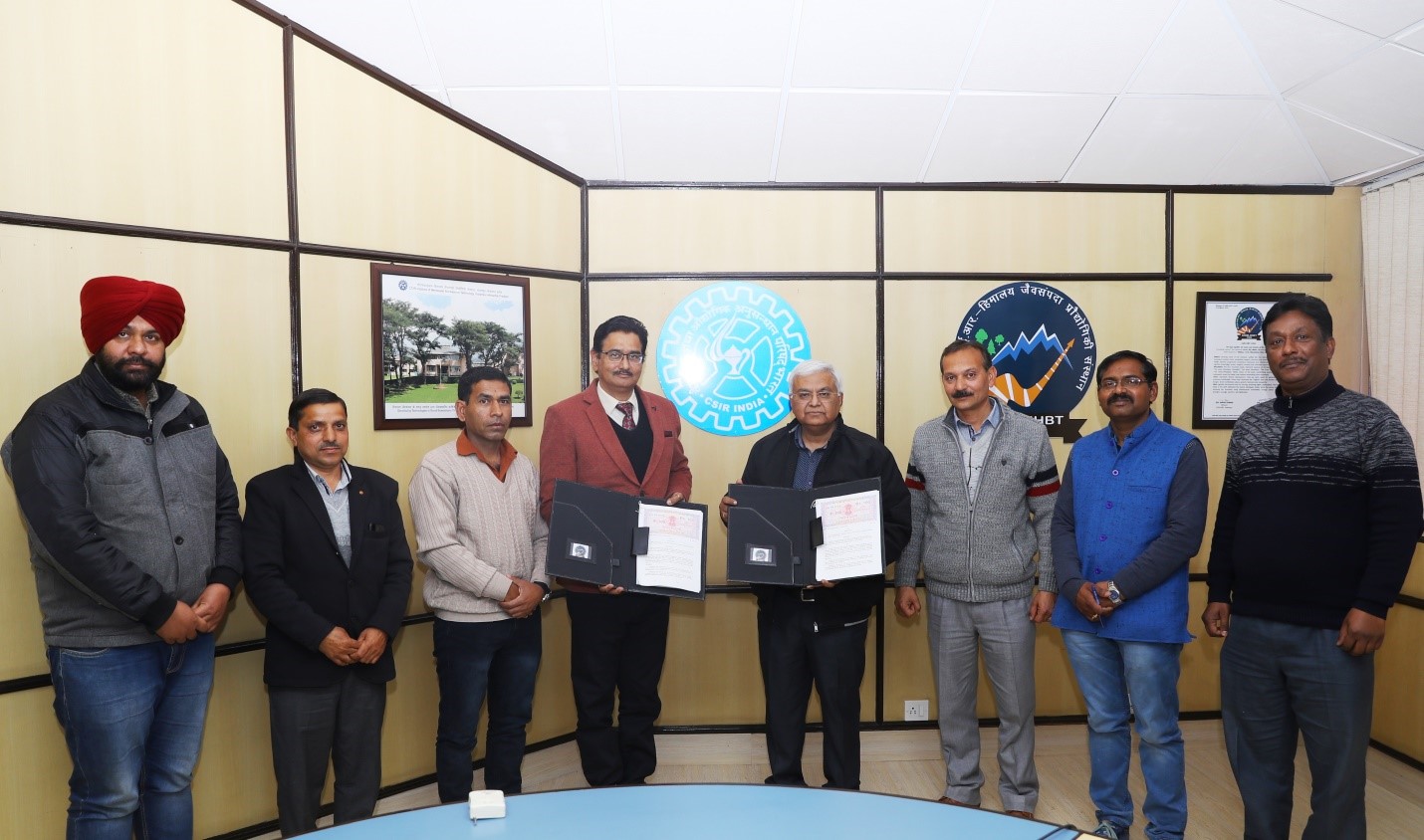
A new hand-sanitizer has been developed by the scientists of CSIR-Institute of Himalayan Bioresource Technology

Now students may give any novel and utilitarian Innovation for any existing societal problem, it may be a new method, device or utility and for this, they would be awarded. Council of Scientific & Industrial Research has announced Innovation Awards for School Children to support their scientific temperament and to encourage innovative spirit among them
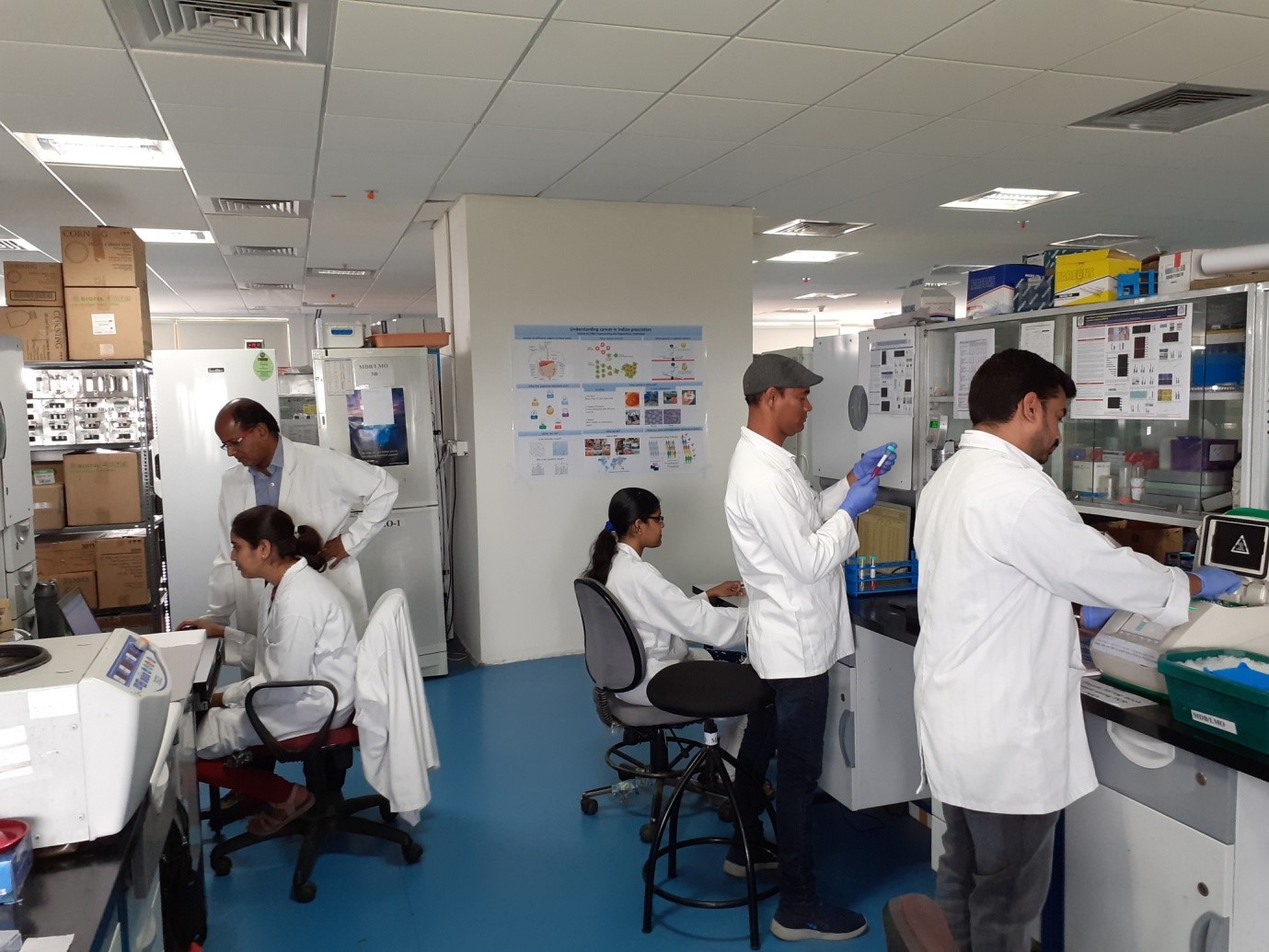
A new therapy for tongue cancer could be in the offing, with a team of scientists at the Department of Biotechnology’s Hyderabad-based Centre for DNA Fingerprinting and Diagnostics coming out with a new insight into the mechanism by which an anti-cancer protein helps in the development of cancer when it mutates

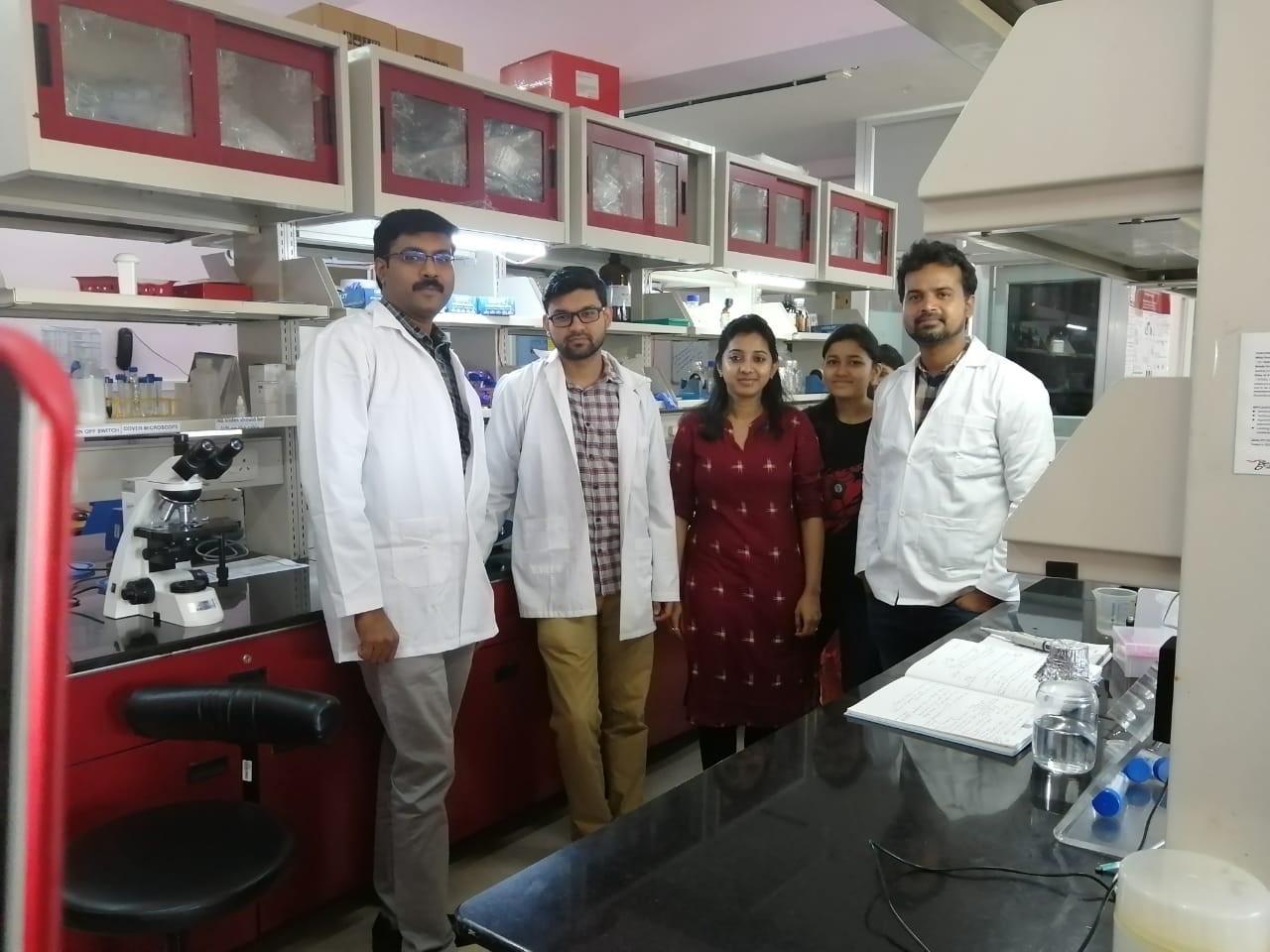
A team of researchers led by Dr. V. Arun Nagaraj of Institute of Life Sciences and Mr. Srinivasa Raju of Jigsaw Bio Solutions Pvt. Ltd used a new concept of genome mining that identifies identical multi-repeat sequences distributed throughout the malaria parasite genome and successfully targeted them to develop what is called an “ultra-sensitive” qPCR assay for malaria diagnosis.

A group of researchers from various institutions have identified urine-based biomarkers for early prediction of diabetic kidney failure.

To make Visually Impaired self-dependent when it comes to reading Central Scientific Instruments Organisation, Chandigarh has developed a scanner-based reading device called ‘Divyanayan.
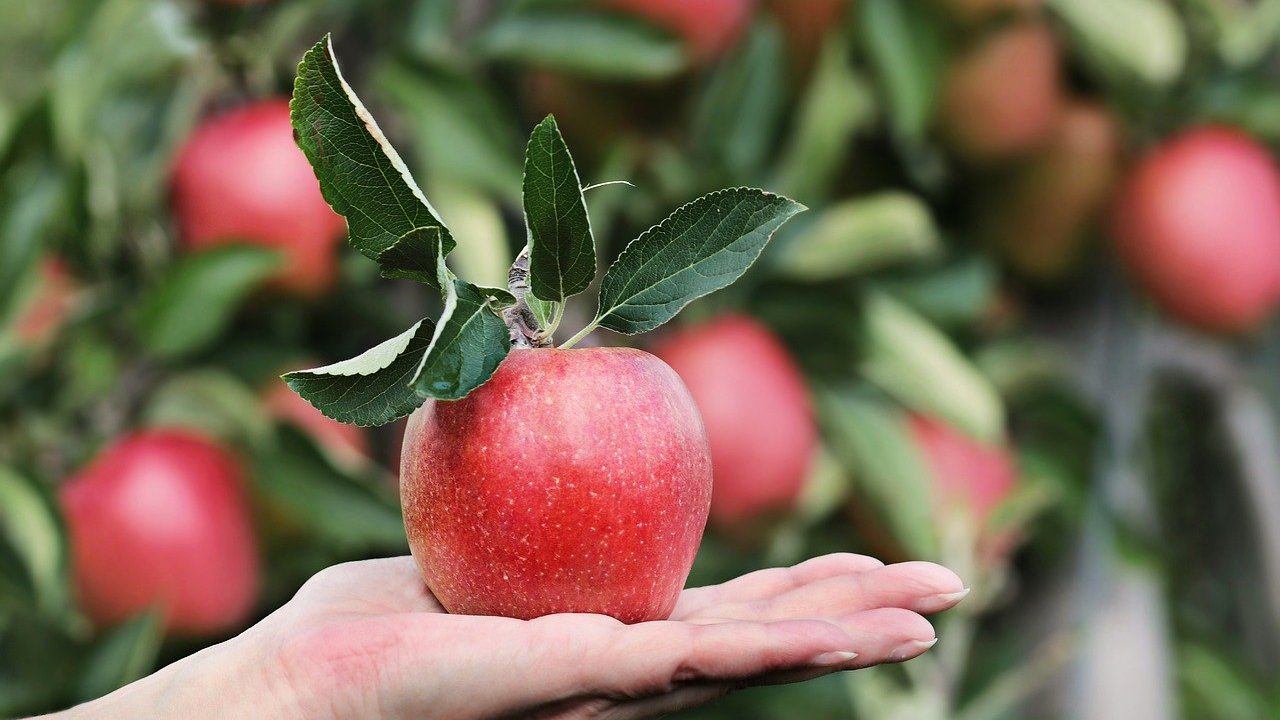

To boost cooperation in the sector of e-waste recycling, NML signed a Memorandum of Understanding for Technology Transfer with Unique India Private Limited, Firozabad, for the extraction of cobalt metal and salt from the black powder of lithium batteries.

Researchers from IMMT, Bhubaneswar, have developed an industrial instrument named “Eye-On-Pellet” to monitor pellets of equal size distribution trends using a camera-based image-processing algorithm in real-time.
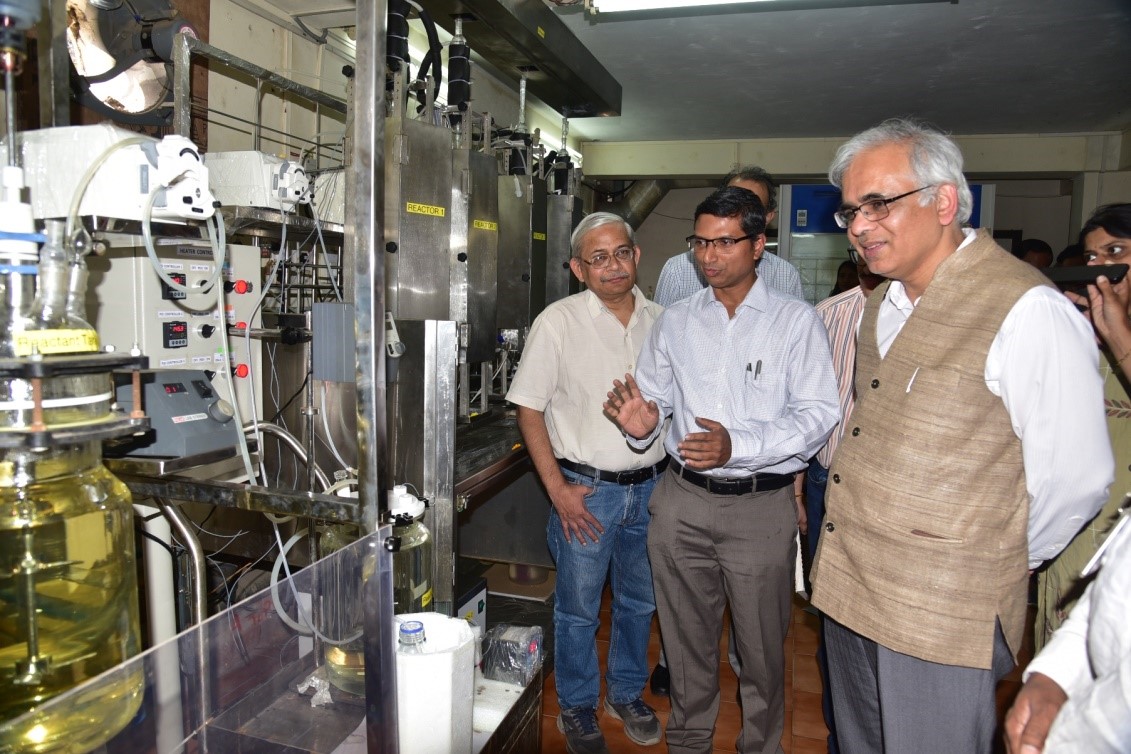
Researchers at National Chemical Laboratory, Pune have developed an inexpensive technology for the manufacturing of precision silver nanowires that can be used in future nano-electronic devices


Indian researchers are now developing a cost-effective Graphene-based supercapacitor that can be used to provide energy to various applications, including state-of-the-art defense applications, mobile devices, and smart vehicles
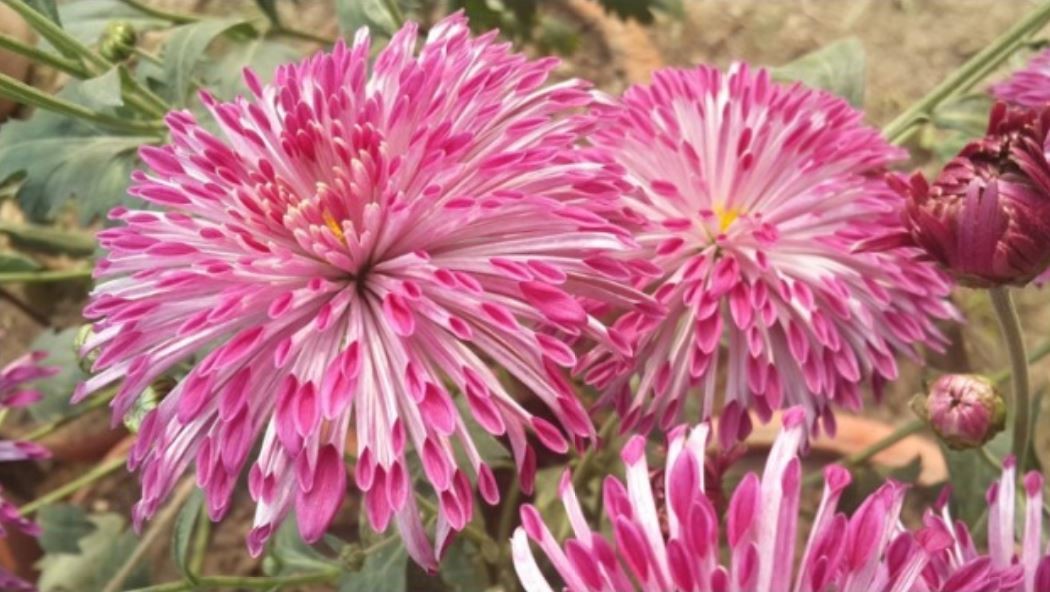
Scientists at National Botanical Research Institute have developed and released a new variety of Chrysanthemum that blooms from late December to mid-February and has named it ‘Shekhar’

Researchers from India and the USA, who are working towards understanding the genetic basis of diseases among various ethnic populations from different parts of the world, participated in a workshop organized by CSIR-Centre for Cellular and Molecular Biology, Hyderabad.
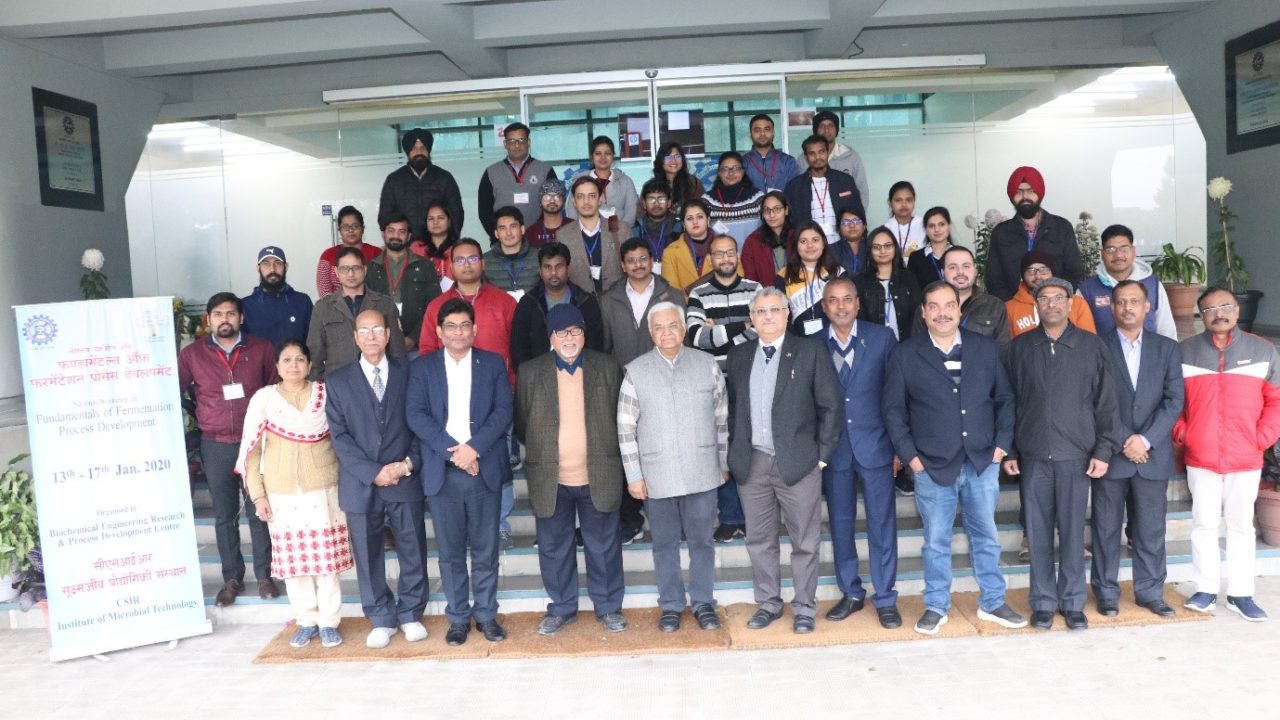

Impact based weather forecast is a technique that helps in monitoring the impact of rainfall and helps authorities to take real-time decisions. Indian Meteorological Department (IMD) has developed this technology to assess the rise of water levels in rivers

In a new study that could lead to deeper insights into the mechanism behind a wide range of nervous system disorders and diseases, researchers at the Department of Biotechnology’s Pune NCCS have captured three-dimensional views of a protein called GluD1 receptor

The Wellcome Trust/DBT India Alliance has called for applications for its Senior and Intermediate Fellowships under the track of Basic Biomedical Research
Internet is huge! Help us find great content
Never miss a thing! Sign up for our newsletter to stay updated.
Research Stash is a curated collection of tools and News for S.T.E.M researchers
Have any questions or want to partner with us? Reach us at hello@researchstash.com